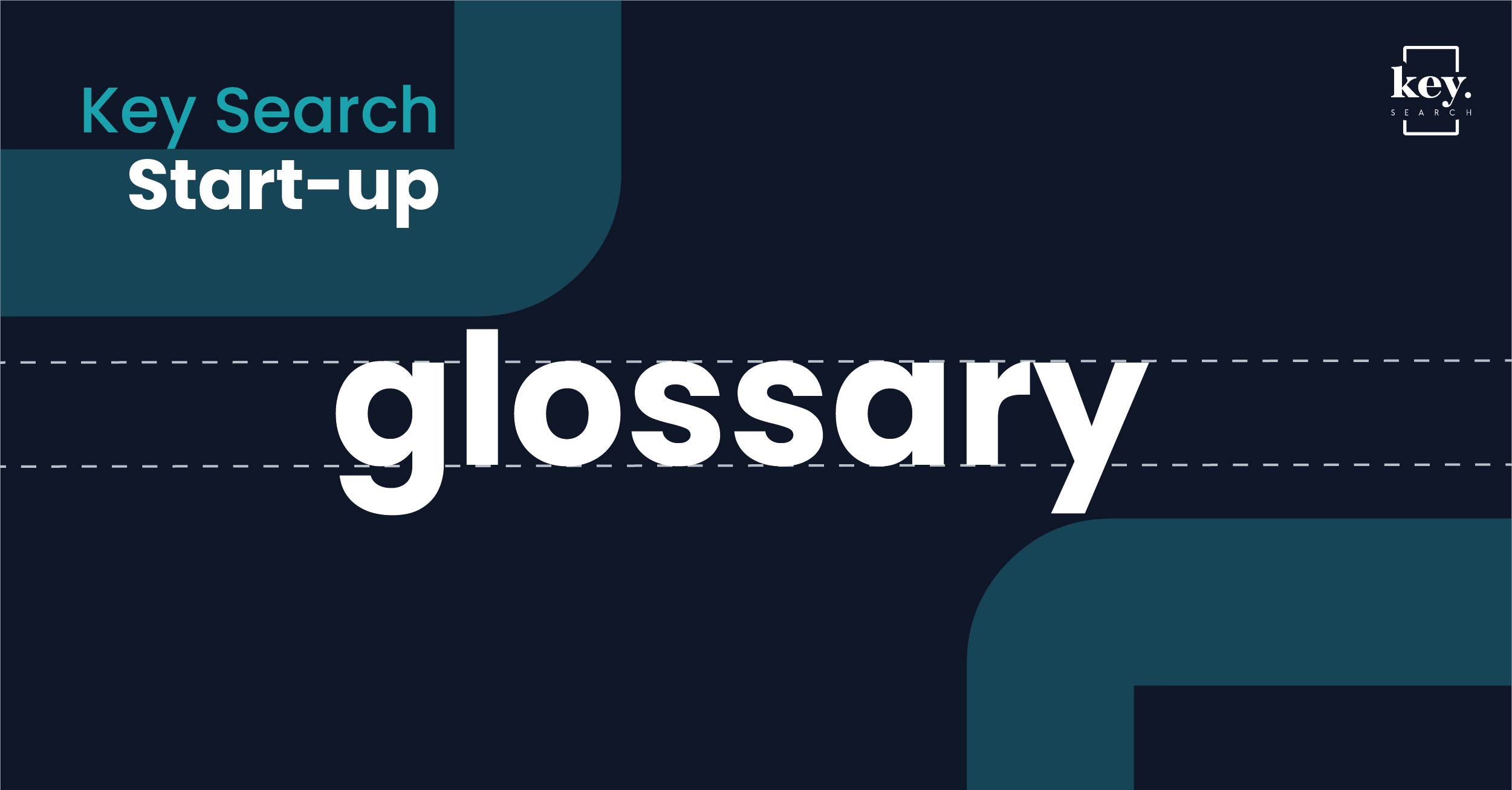
The startup terminology you need to know at a glance
Whether you are looking for specific startup terms or you are new to the world of startups and are trying to find out what you need to know, we have put together this startup glossary to help you. This startup term sheet defines and explains terminology used throughout the different stages of startups.
Index
Understanding Startup Terminology
Understanding key startup terms is a must for every entrepreneur who is heading up a startup business. These words will become part of the day to day operation. Getting familiar with startup terminology as you get your business off the ground.
As the founder of a startup, you are wearing many hats and speak to many stakeholders including investors, discuss matters with other startup entrepreneurs or your network, and of course your growing team. From finance to business development, IT and marketing to design and product development, startup terminology is useful and necessary to succeed.
A
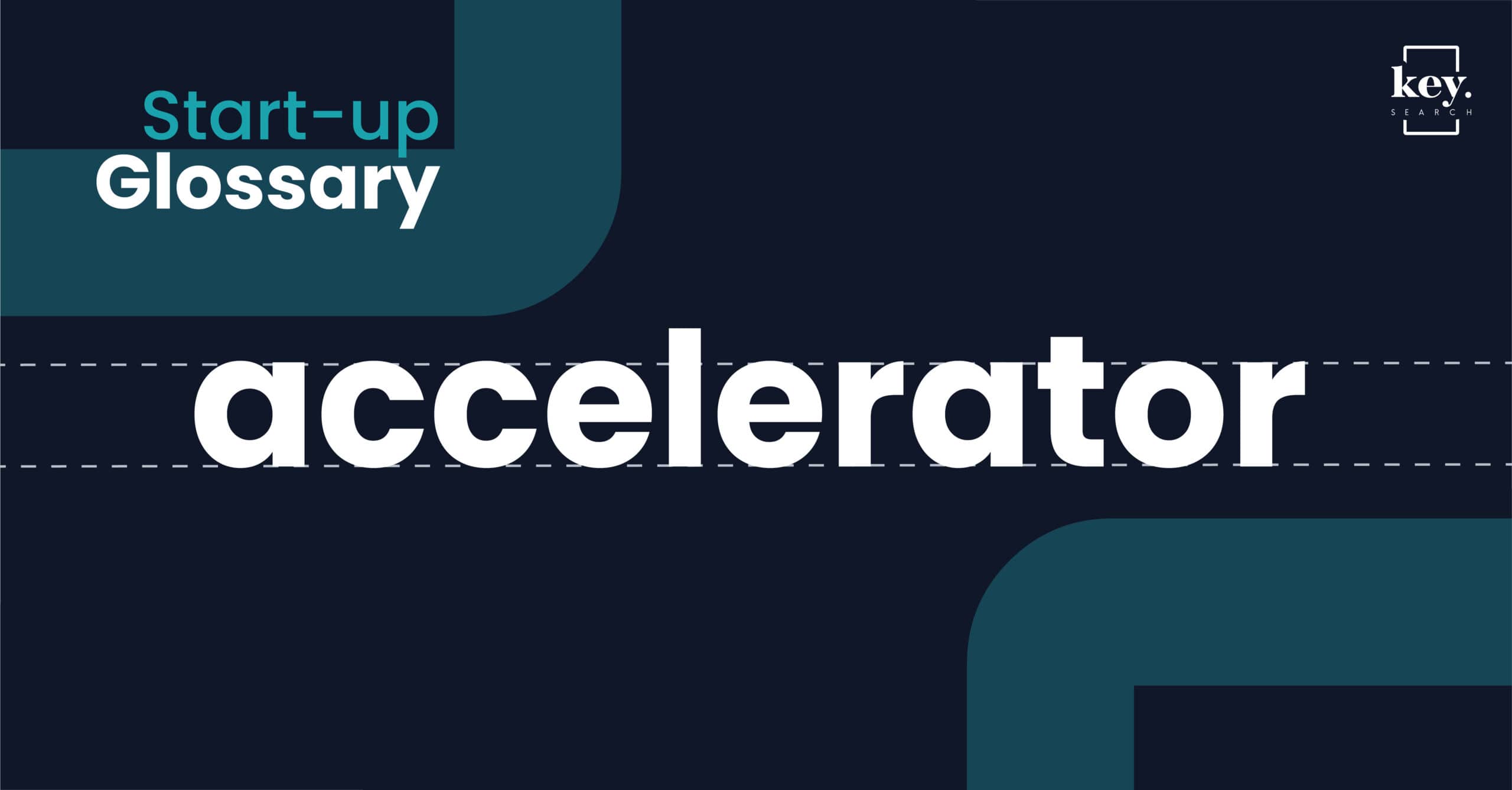
Accelerator
An accelerator, also referred to as a startup or seed accelerator, is a program that supports early stage startups in the pre-seed stages. Startups apply for a fixed time period, and, if selected, receive mentorship and sometimes seed capital as part of a group of companies. In addition, resources, advising hours or a co-working space can be part of the accelerator in exchange for a percentage of ownership in the startup. The startup accelerator ends with a demo day, where startups present their work.
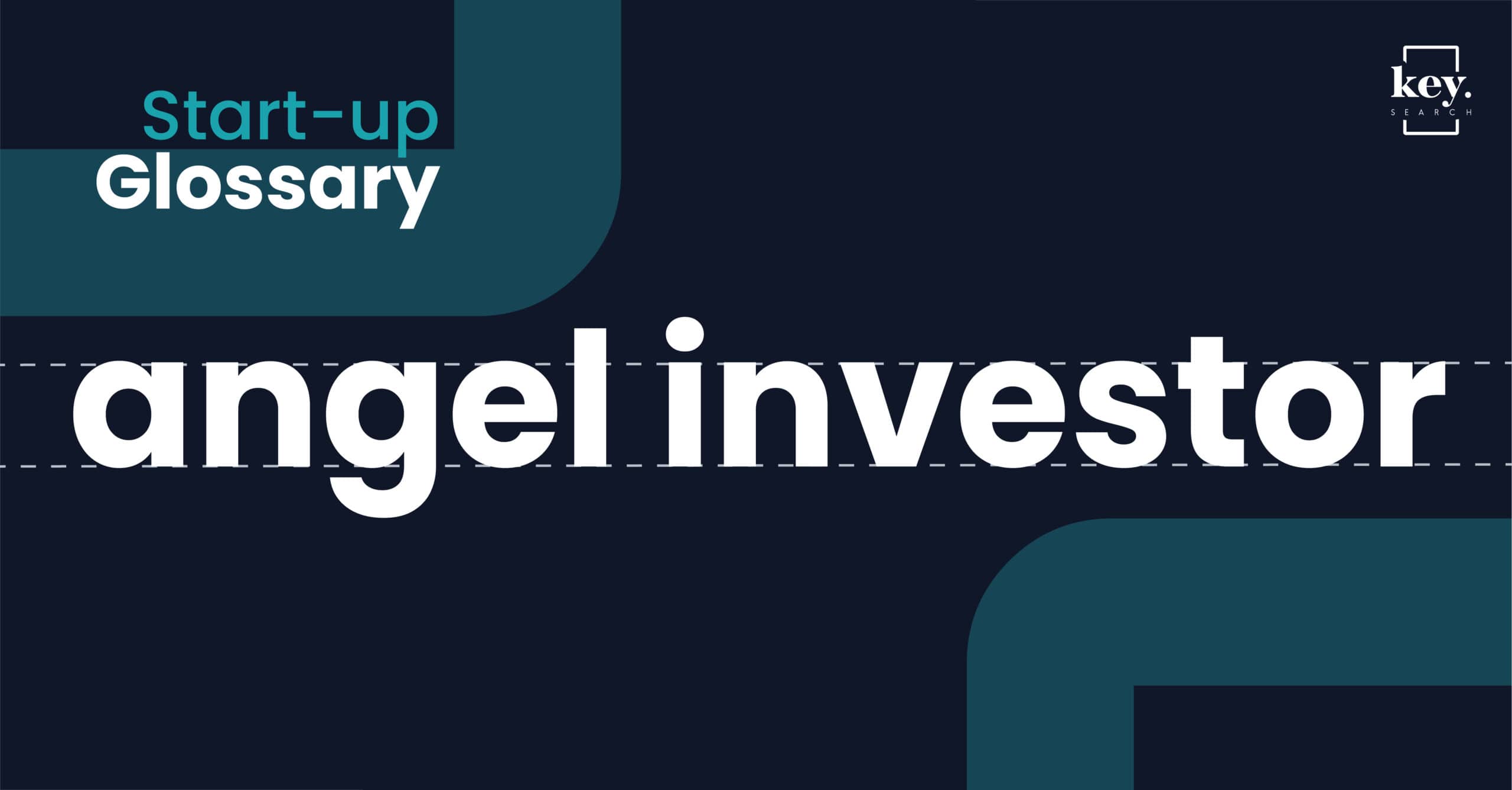
Angel Investor
An angel investor is an individual who provides capital to a start-up business, usually in exchange for ownership equity in the company. Angel investors are also referred to as business angels, informal investors, angel funders, private investors, or seed investors. They usually invest in start-ups at a time when other investors, such as venture capitalists, are not prepared to back them. The capital provided may be a one-time investment or ongoing to support the startup through the early concept and pre-seed phases.
Read more about: How To Find Investors For Your Start-Up
B
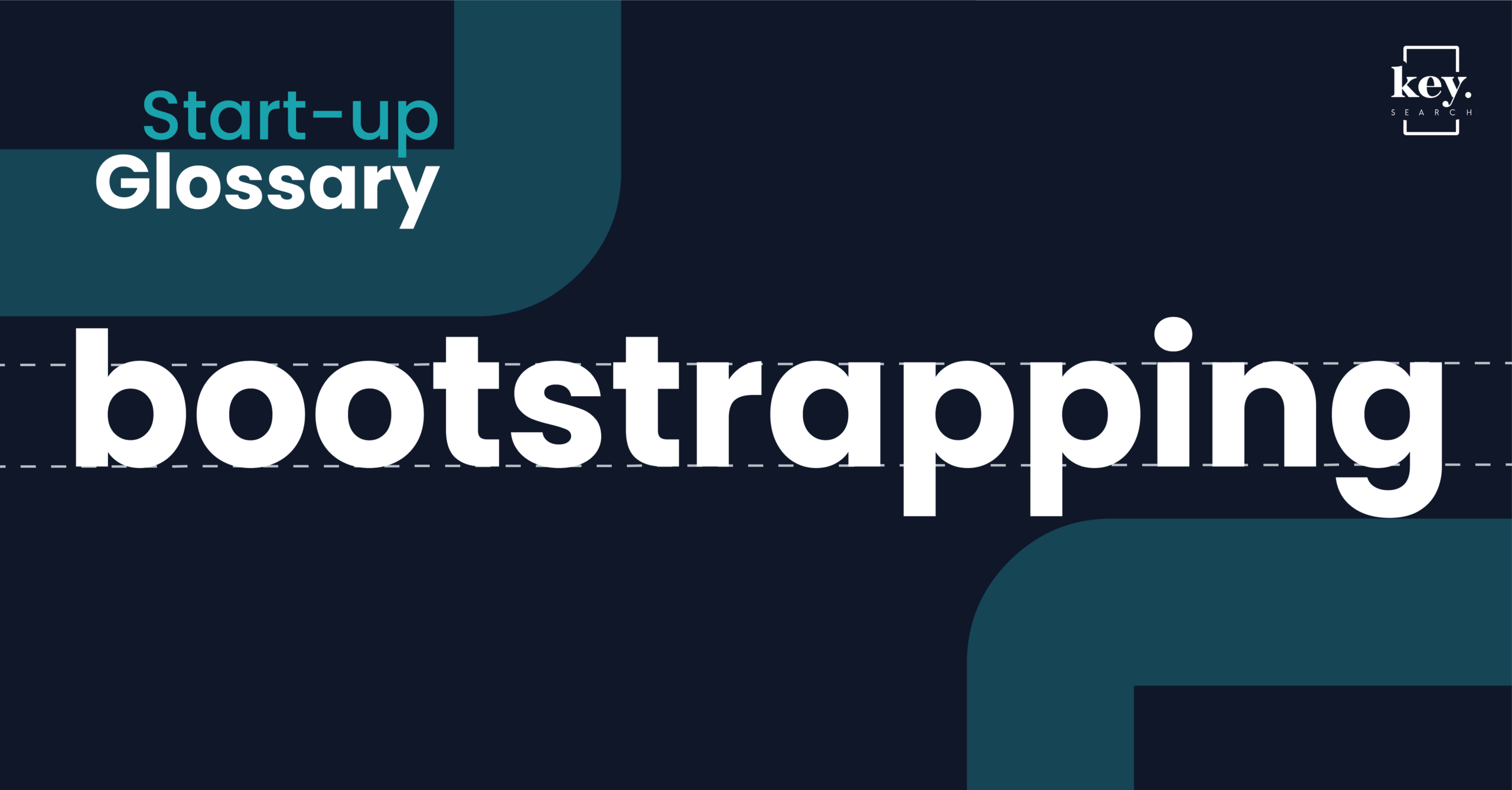
Bootstrapping
Bootstrapping a startup means the business gets started without any outside investment, such as an angel investor, an accelerator or other types of venture capital. An approach with pros and cons, Bootstrapping means continuing full ownership of the business, including control, equity and the potential to establish a lifetime business. Cash flow shortages, one of the top reasons for business failure, can be the downside to bootstrapping, hindering a startup’s success or its ability to scale and grow.
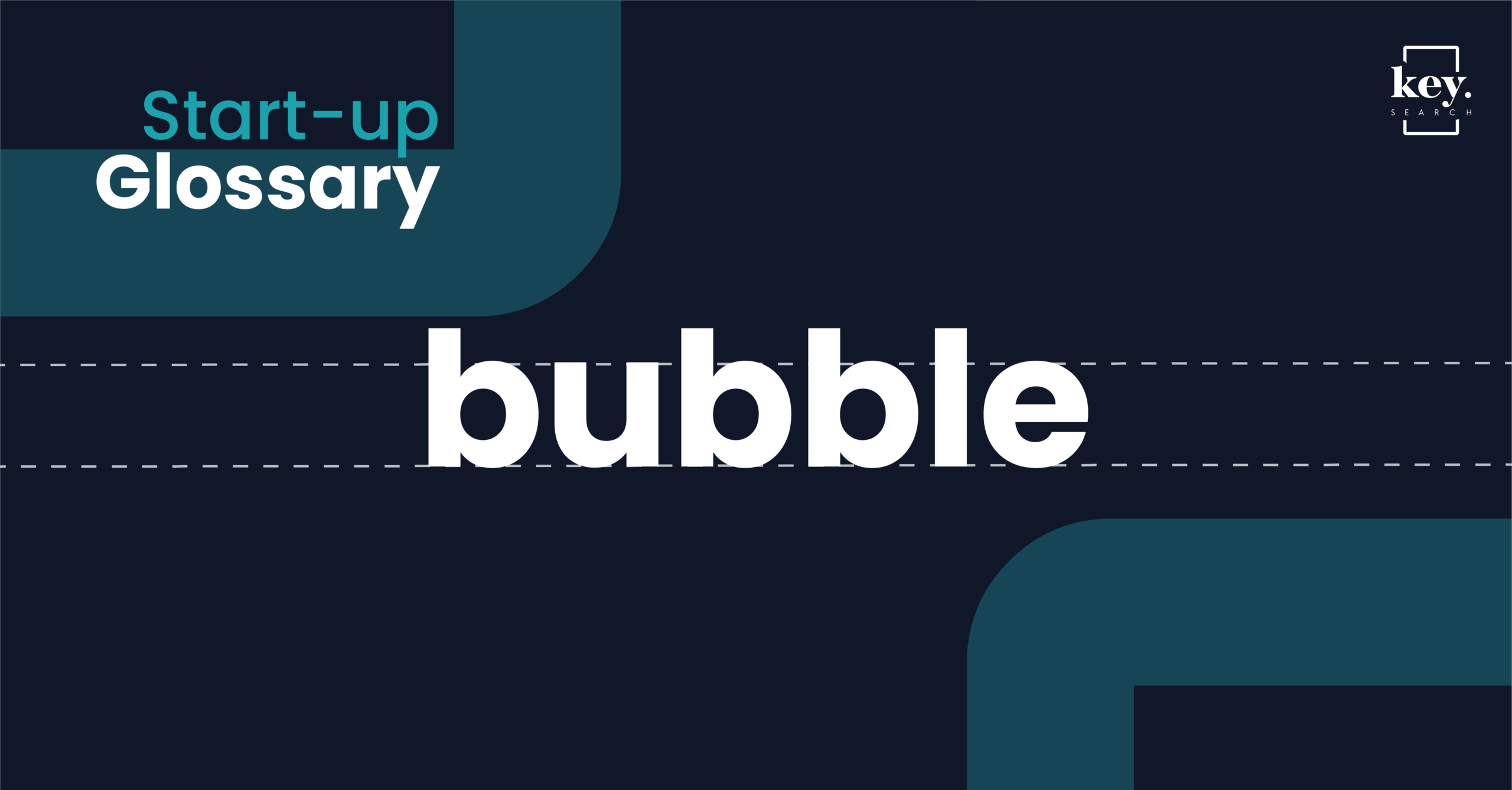
Bubble
Part of an economic cycle, a bubble characterizes the moment when the market value of an industry or company increases fast. Often created by a surge in asset prices and market value, the goods of an industry or company become overvalued in a bubble.This inflation is followed by a quick decrease in value prices, referred to as a “crash” or “bubble burst”, such as the dot-com bubble in the 1990s. As a consequence, many startups and companies and investors lose their money.
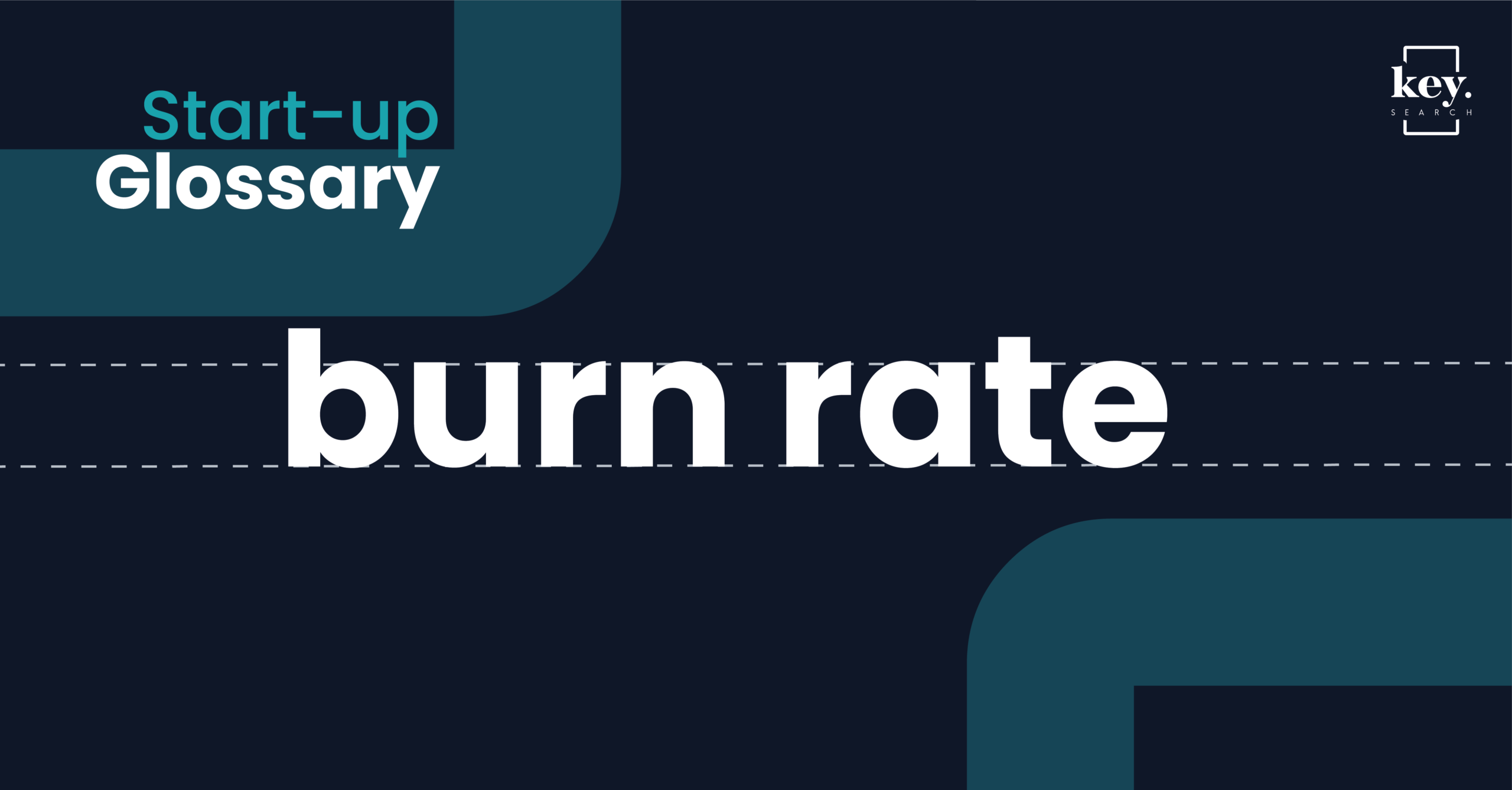
Burn Rate
The burn rate typically describes the rate at which a startup spends its available money, often venture capital. The money is used to finance overhead before breaking even and making profit by generating positive cash flow. The burn rate is a measure of negative cash flow, usually calculated in terms of cash spent per month.
C
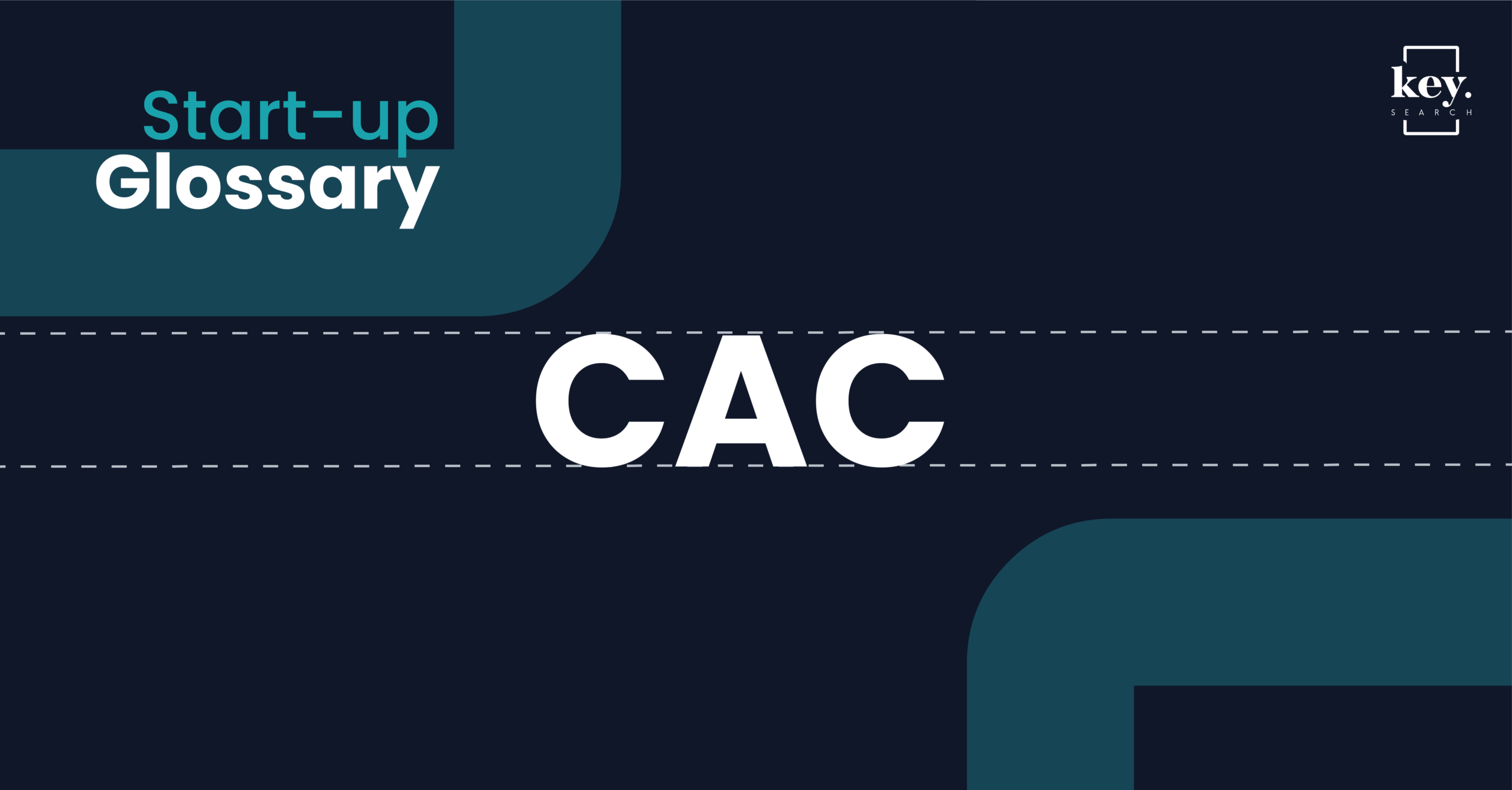
CAC
CAC stands for Customer Acquisition Cost, describing the cost of winning a customer to purchase a product or service. Thanks to the CAC companies can calculate how much they’re spending on acquiring each customer e.g. through marketing, salaries, and other costs and how this is related to the lifetime value of a customer.
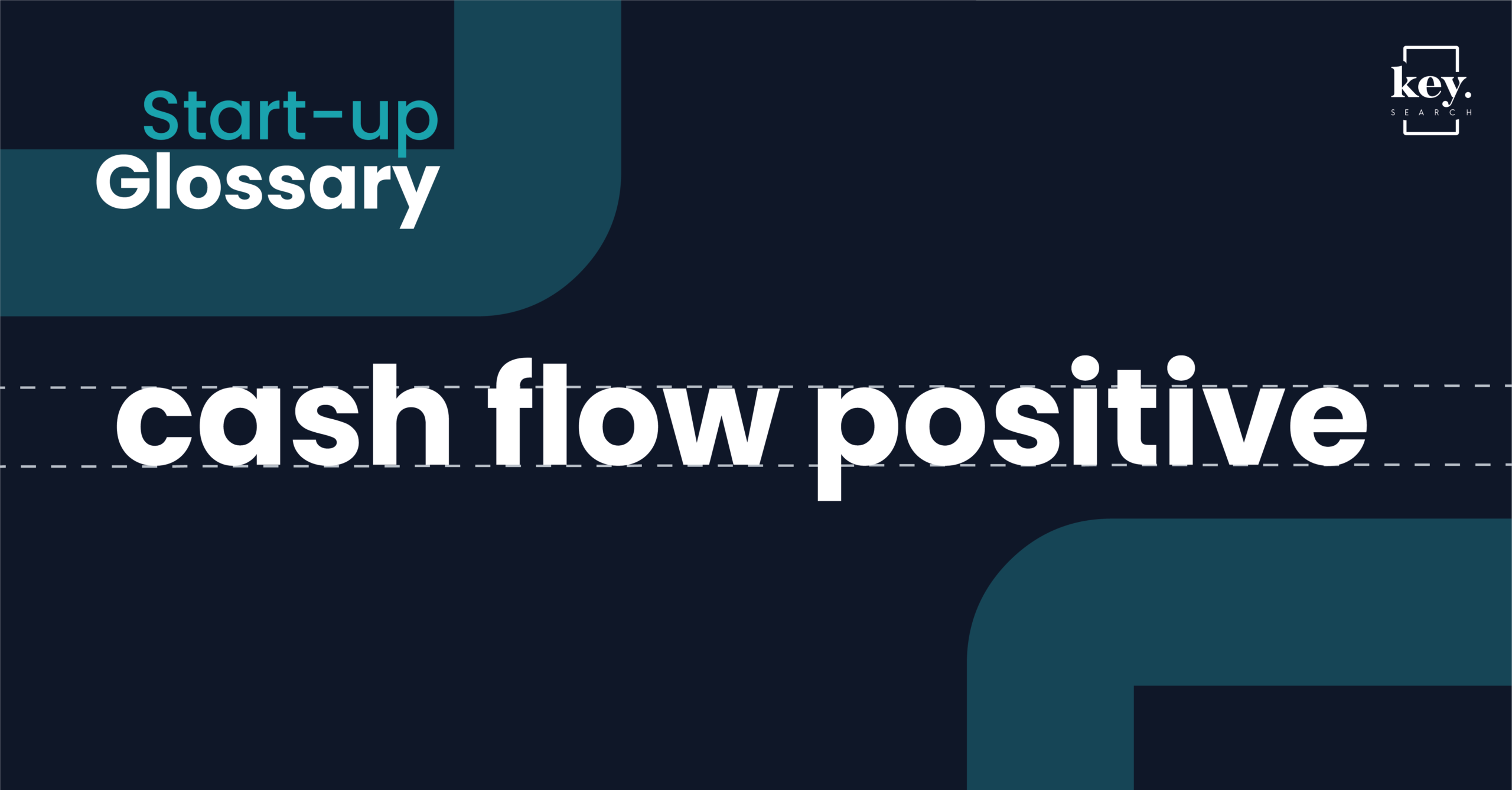
Cash Flow Positive
Positive cash flow indicates that a company’s liquid assets are increasing, enabling it to cover obligations, reinvest in its business, return money to shareholders, pay expenses, and provide a buffer against future financial challenges.
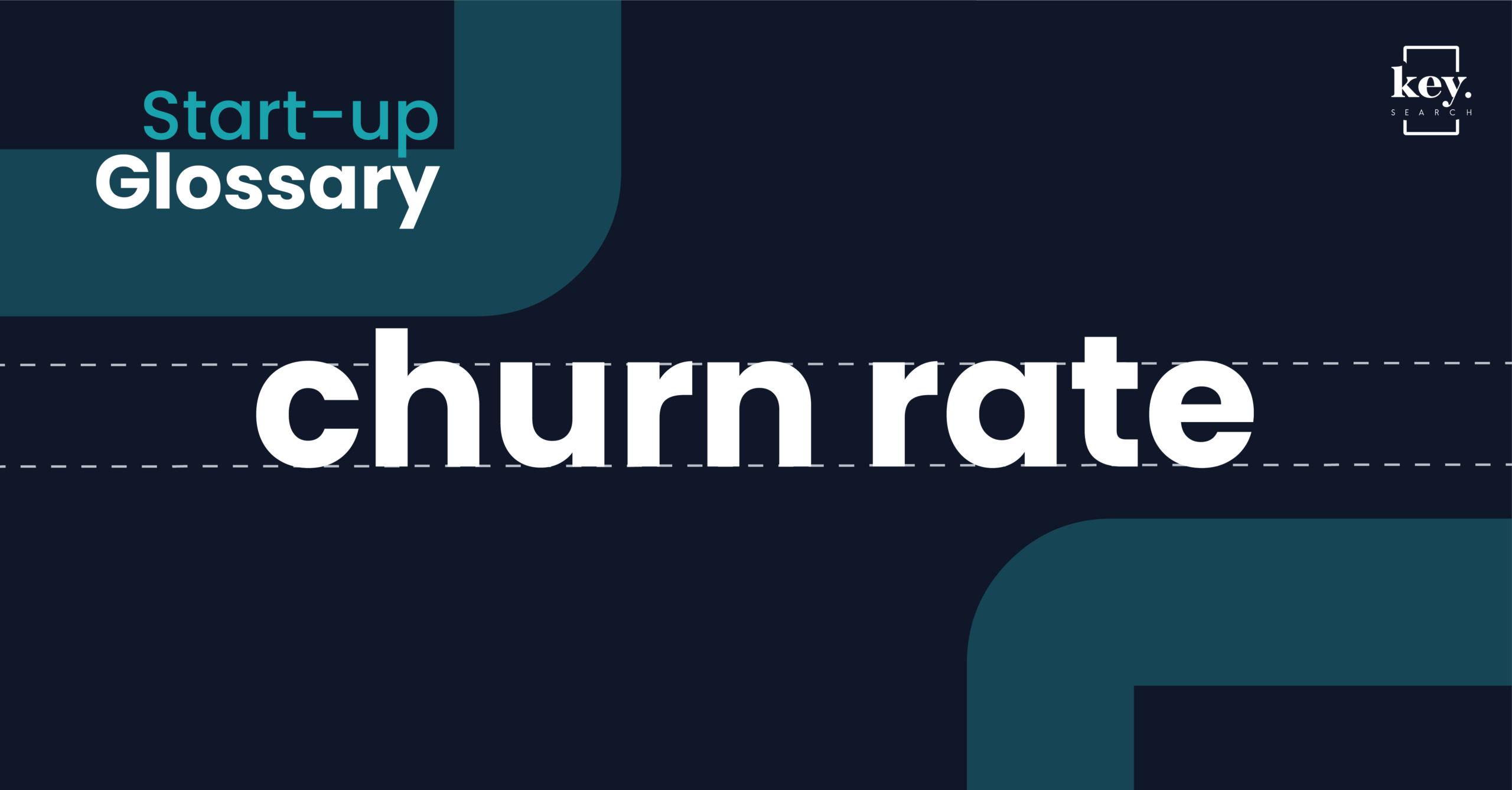
Churn Rate
The churn rate is the percentage rate at which customers stop subscribing to a service or don’t renew a subscription. Churn rate, sometimes known as attrition rate, may also be used to describe the rate employees leave a job over a given period of time.
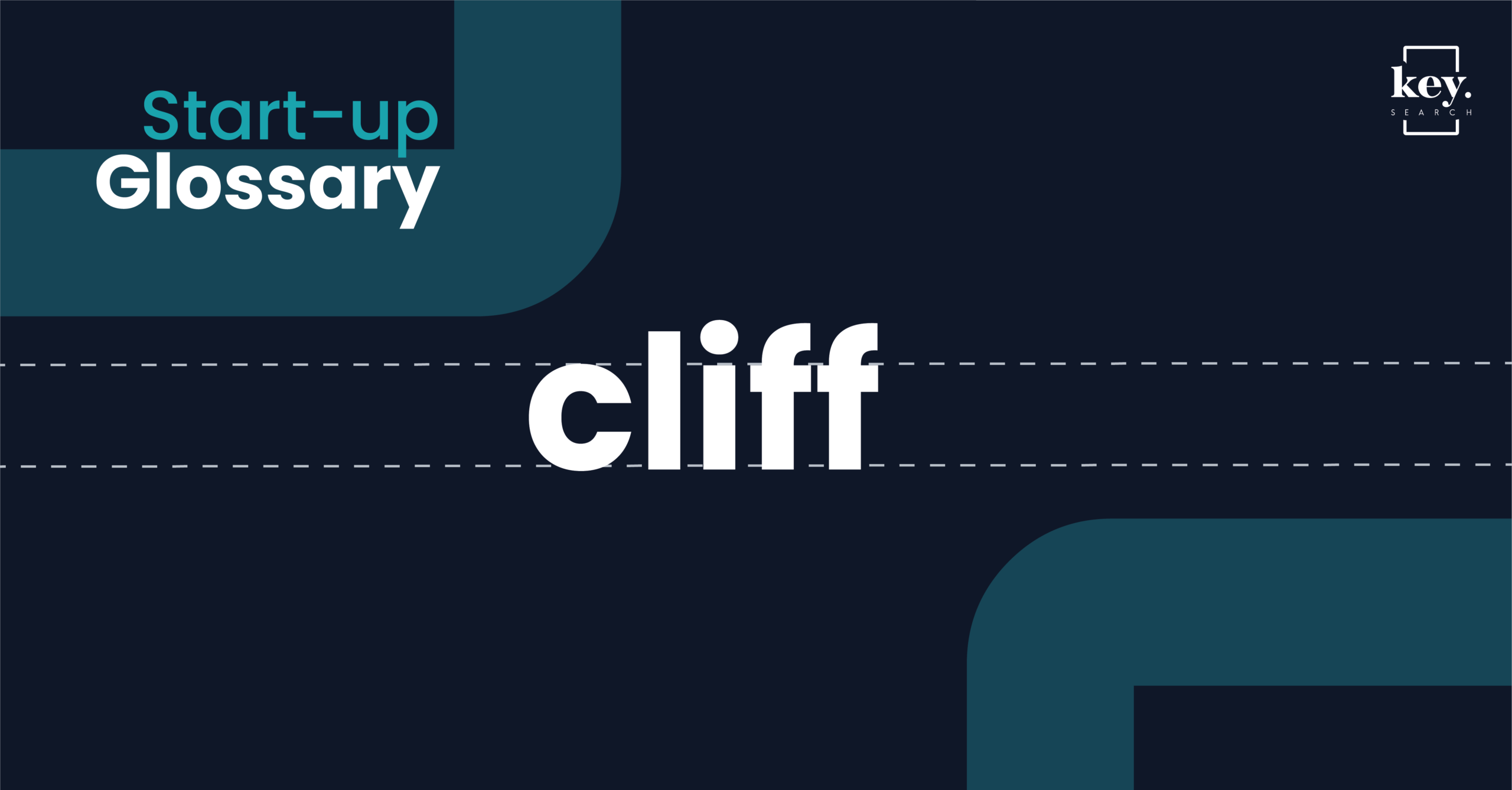
Cliff
A cliff usually applies to vesting schedules (shares given to employees over time). A cliff helps to retain top talent and the leadership team in the company beyond a certain time frame. Typical a first cliff is 1 year after joining before employees can vest their shares.
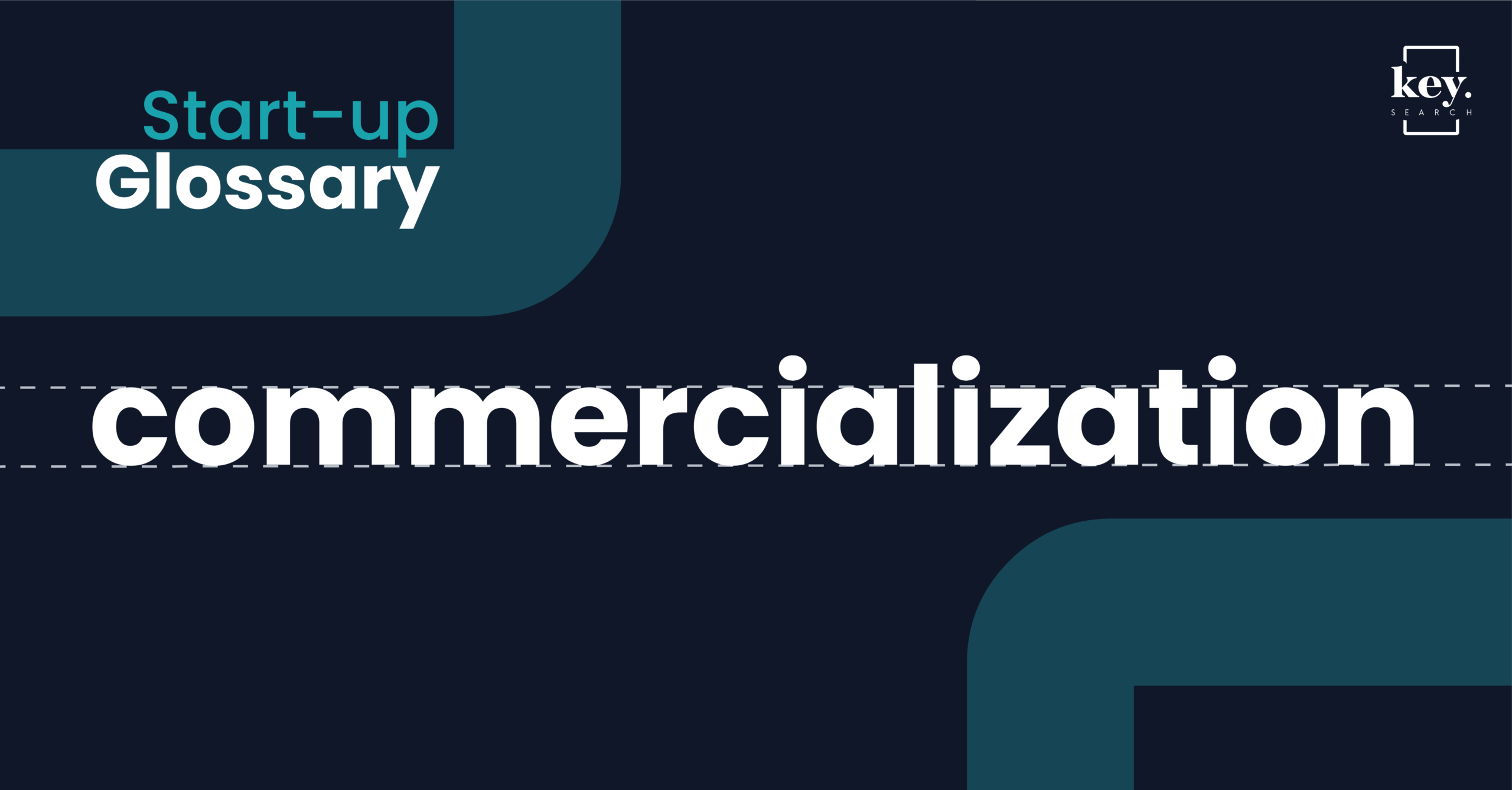
Commercialization
The process by which products or services are brought to the market. For example, the process by which mRNA research transitioned into a publicly available COVID-19 vaccine.
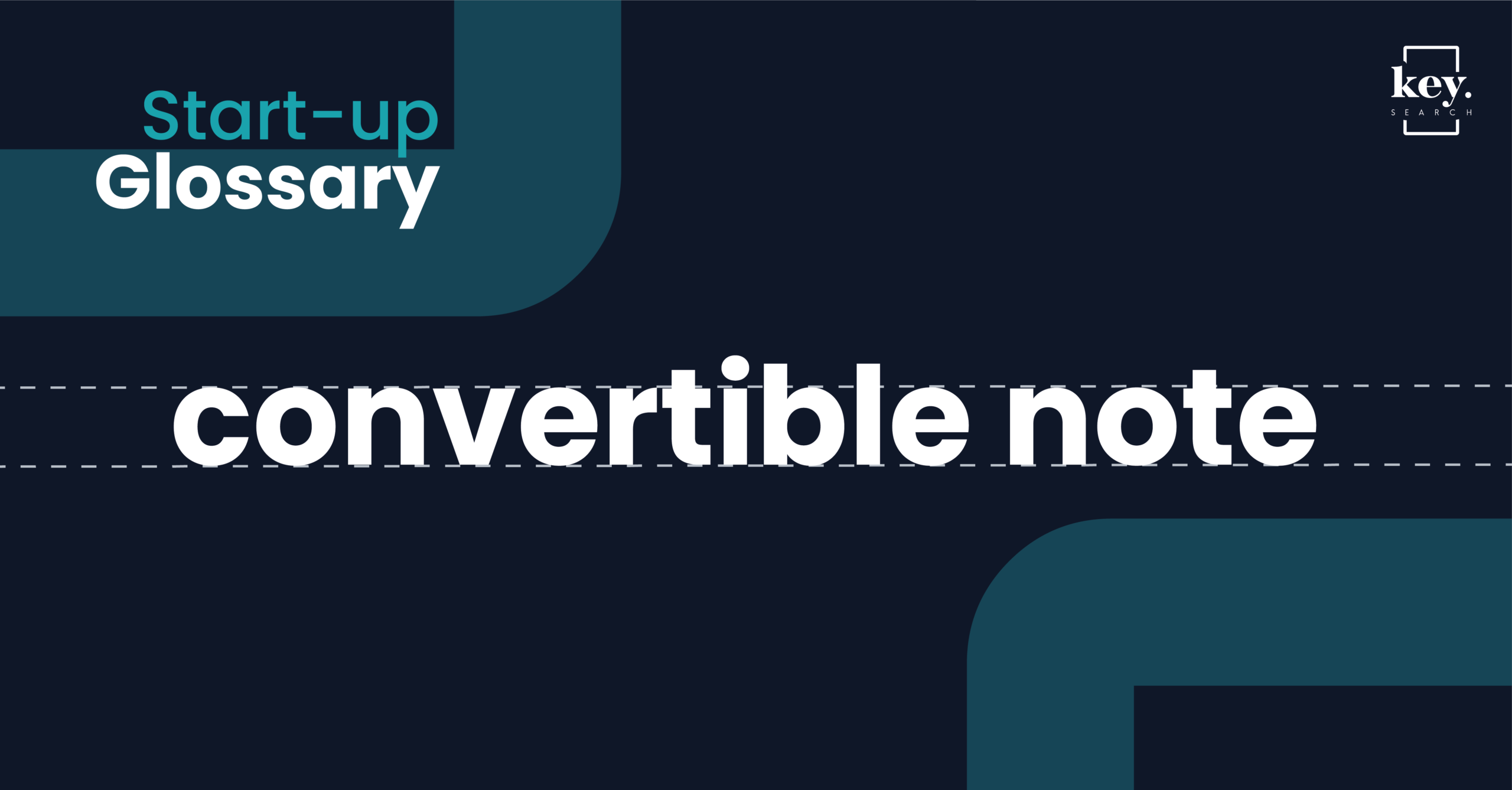
Convertible Note
A convertible note – or convertible debt – is a kind of loan that can be issued towards a round of future funding. Investing in a convertible note means getting debt with an interest rate, but it explicitly states “we are not going to agree on a stock price now. We’ll decide that later. When we make that decision, you’ll get a discount of X% off of the agreed-upon price.” Unlike a SAFE note, a convertible note has an interest rate and maturity date, like a loan. Both a SAFE and a convertible note are designed to convert to equity when the company raises more money.
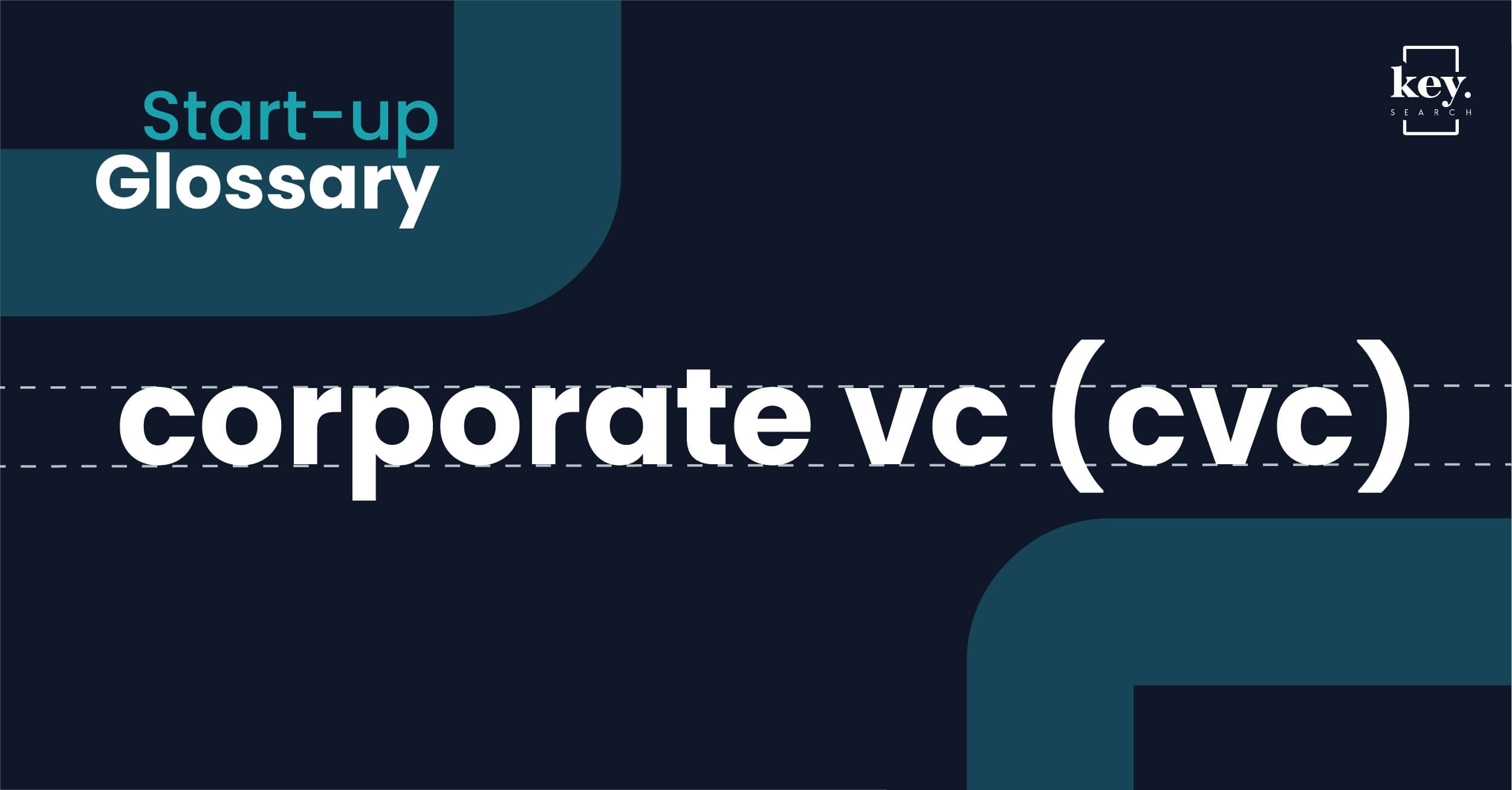
Corporate VC (CVC)
A CVC the investment of corporate funds directly in external startup companies. The definition of CVC often becomes clearer by explaining what it is not. An investment made through an external fund managed by a third party, even when the investment vehicle is funded by a single investing company, is not considered CVC. Most importantly, CVC is not synonymous with venture capital (VC); rather, it is a specific subset of venture capital.
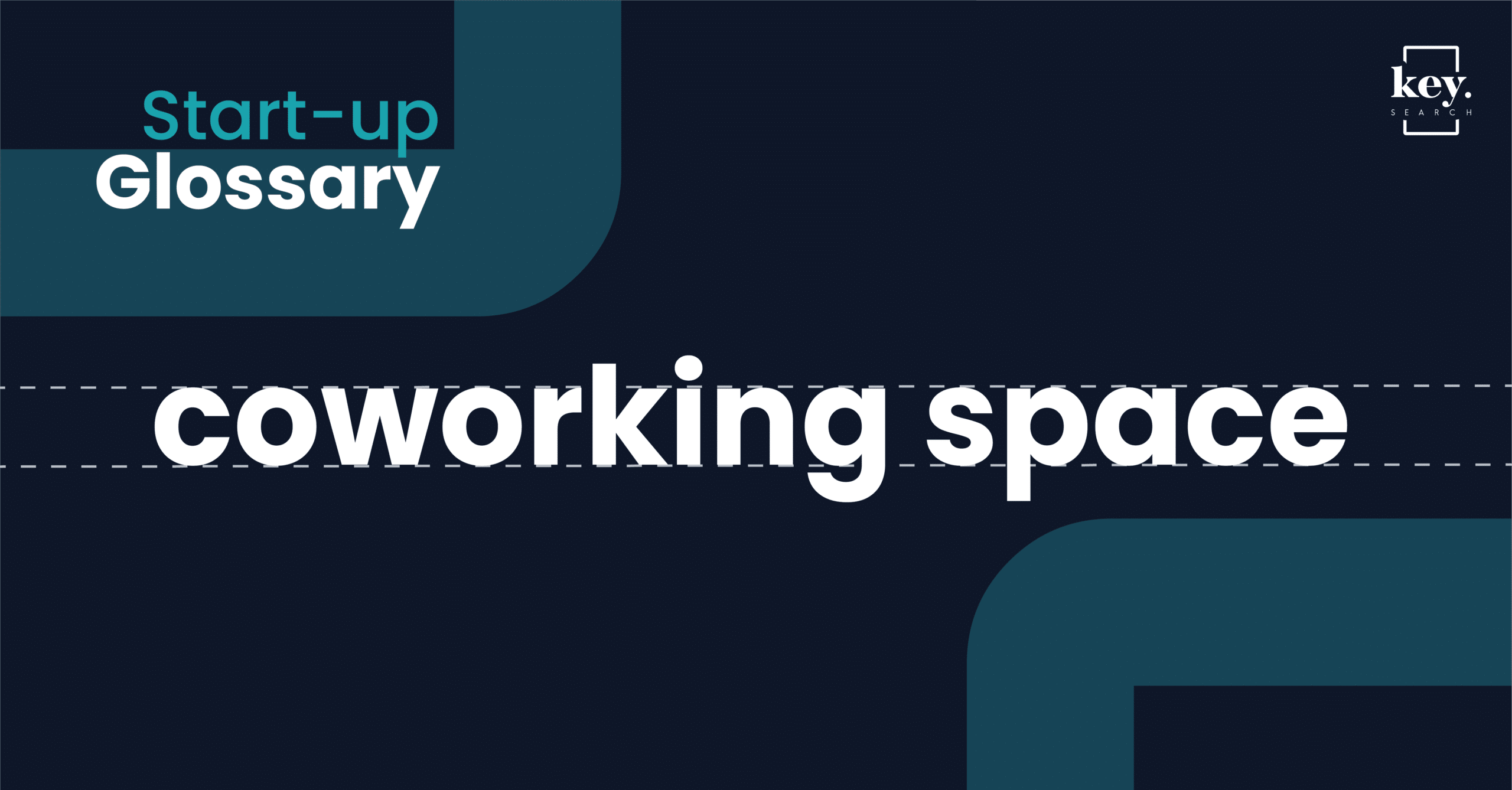
Coworking Space
Whether your company (or soon-to-be company) is a party of one or a whole team, this is a great option for getting some work done at a reasonable price, under flexible terms (ie: not a 5-year lease) in an environment surrounded by other creative and innovative neighbors.
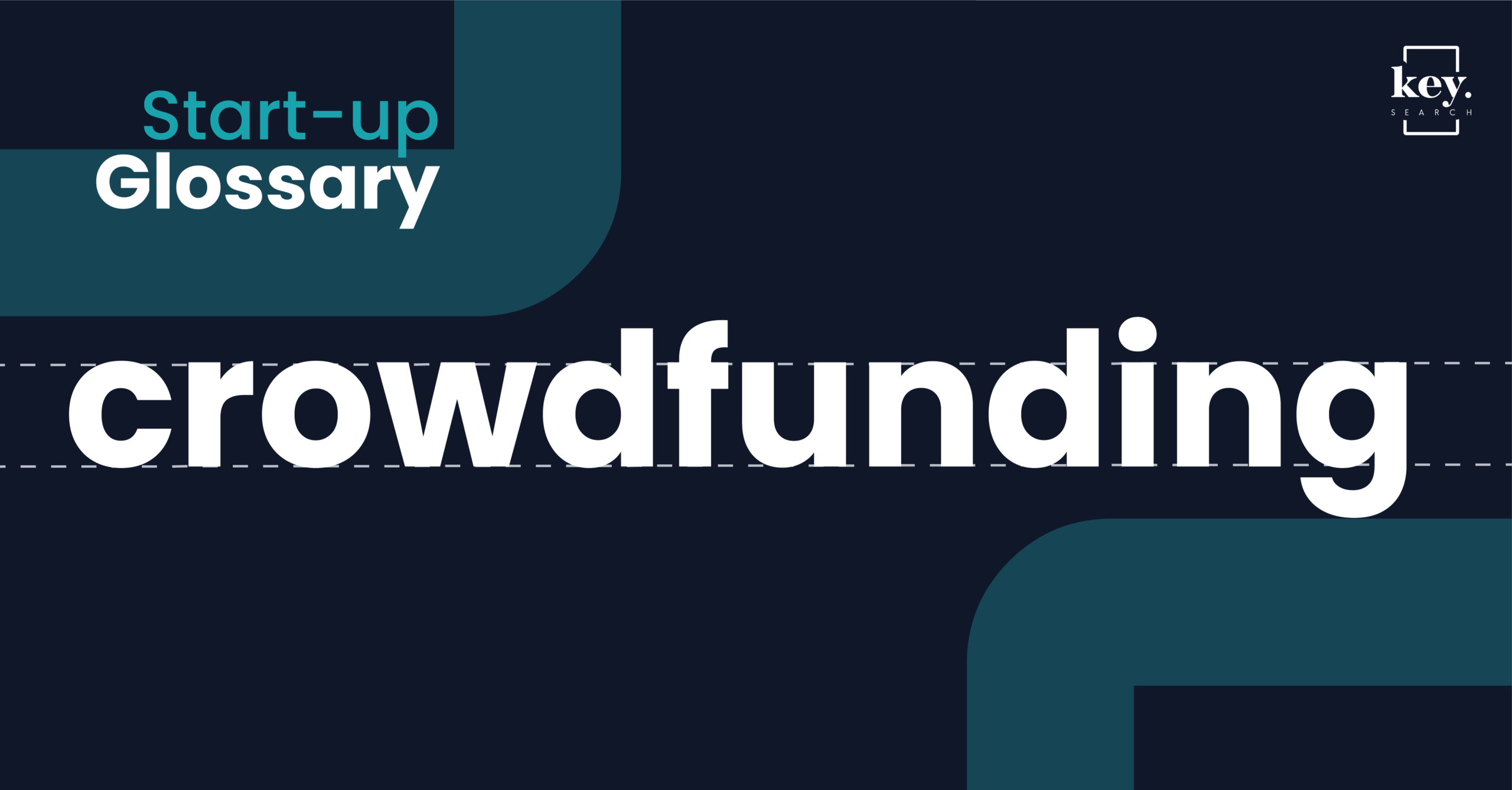
Crowdfunding
Crowdfunding is the act of using a website (e.g. Kickstarter) to get a tribe of early fans together to give you money to help you get your product/site launched. You keep 100% of your company and only give away a % the total you raise to the crowdfunding portal.
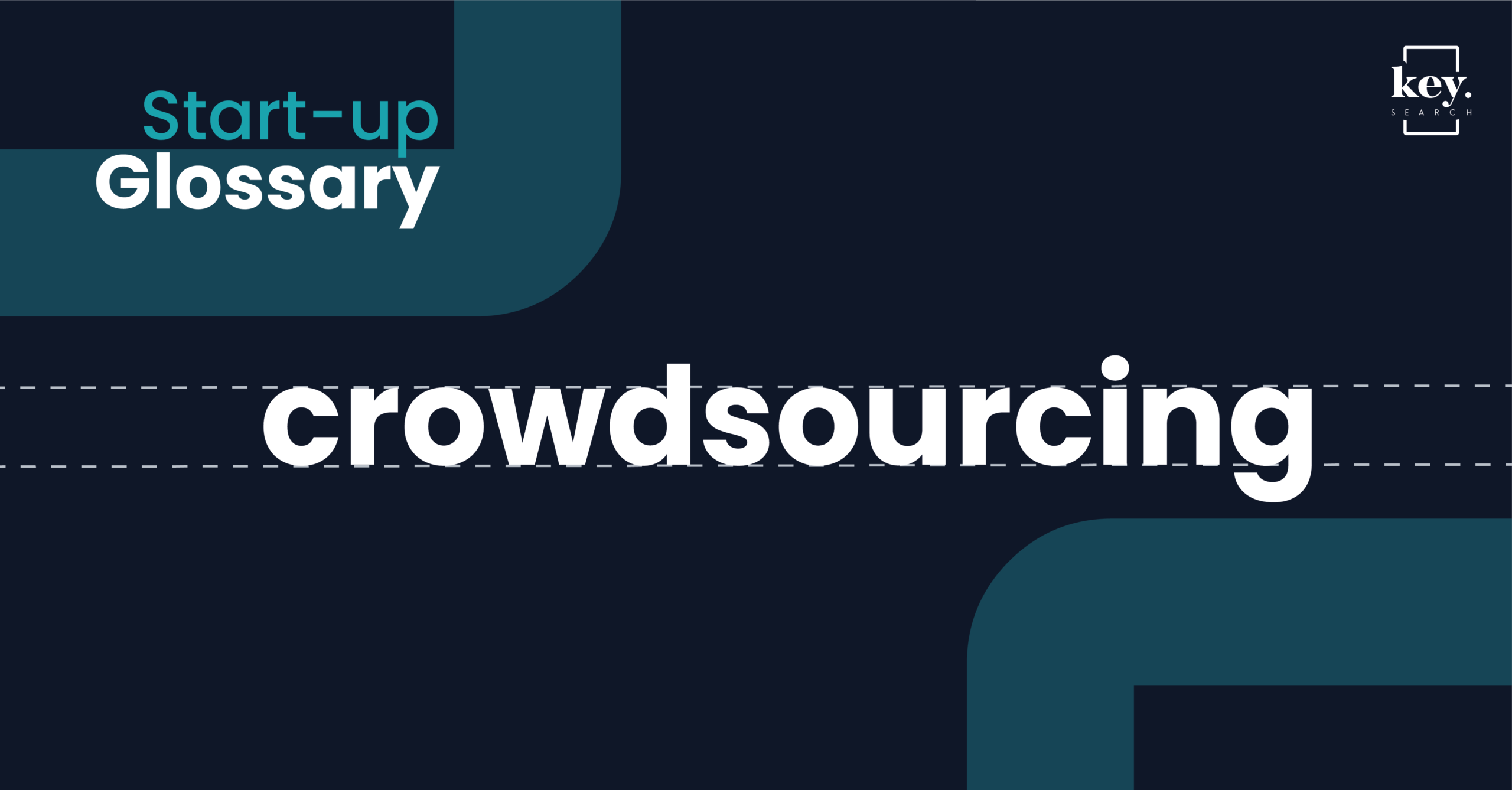
Crowdsourcing
Crowdsourcing is getting information for free from people on the internet or using a survey.
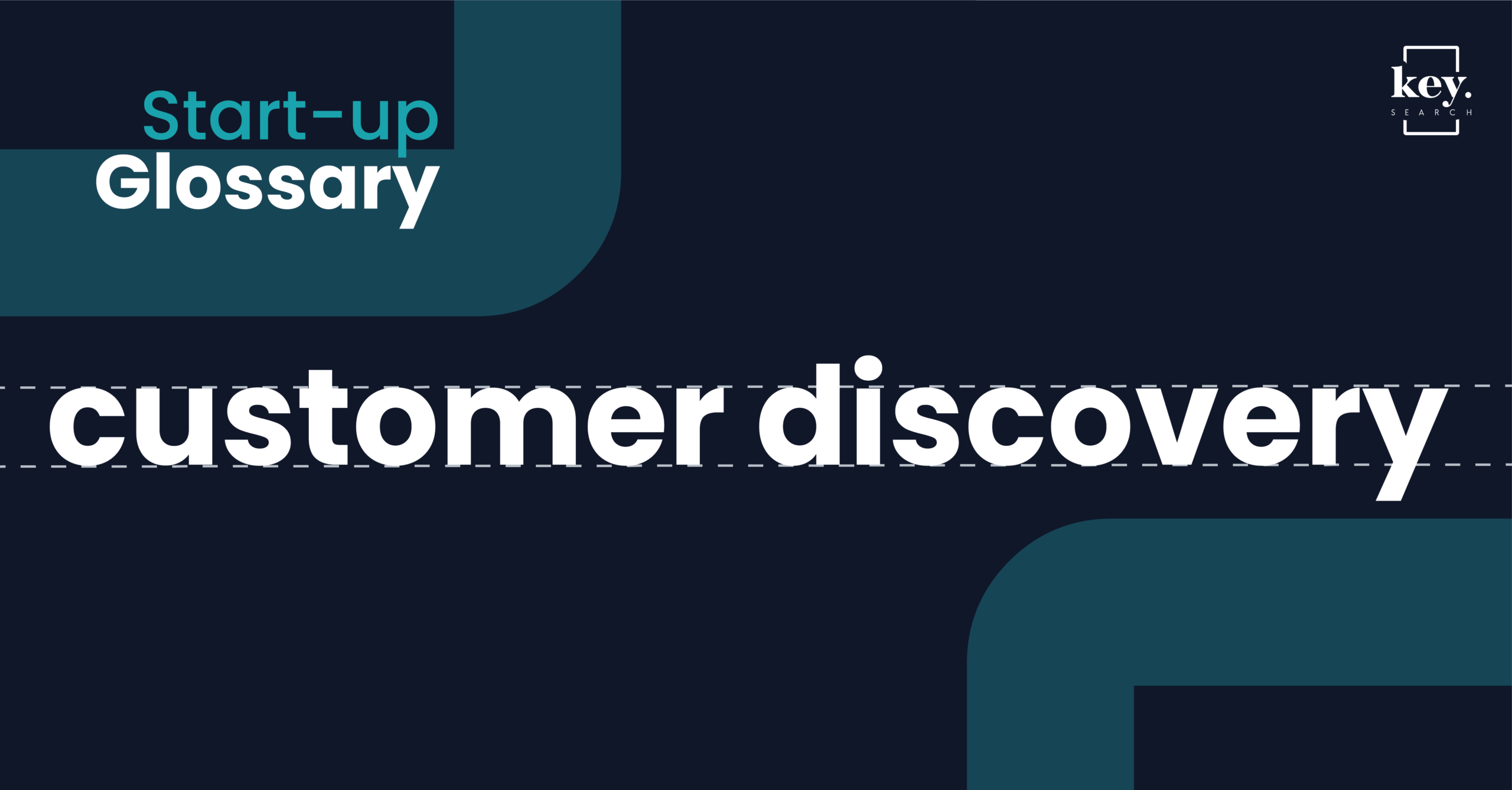
Customer Discovery
Customer discovery doesn’t mean looking for customers, but rather identifying who the right customer is for your product while simultaneously finetuning your offering to suit their needs. At this stage you are testing assumptions and hypotheses to validate the customer you’ve identified and their “problem” or need.
D
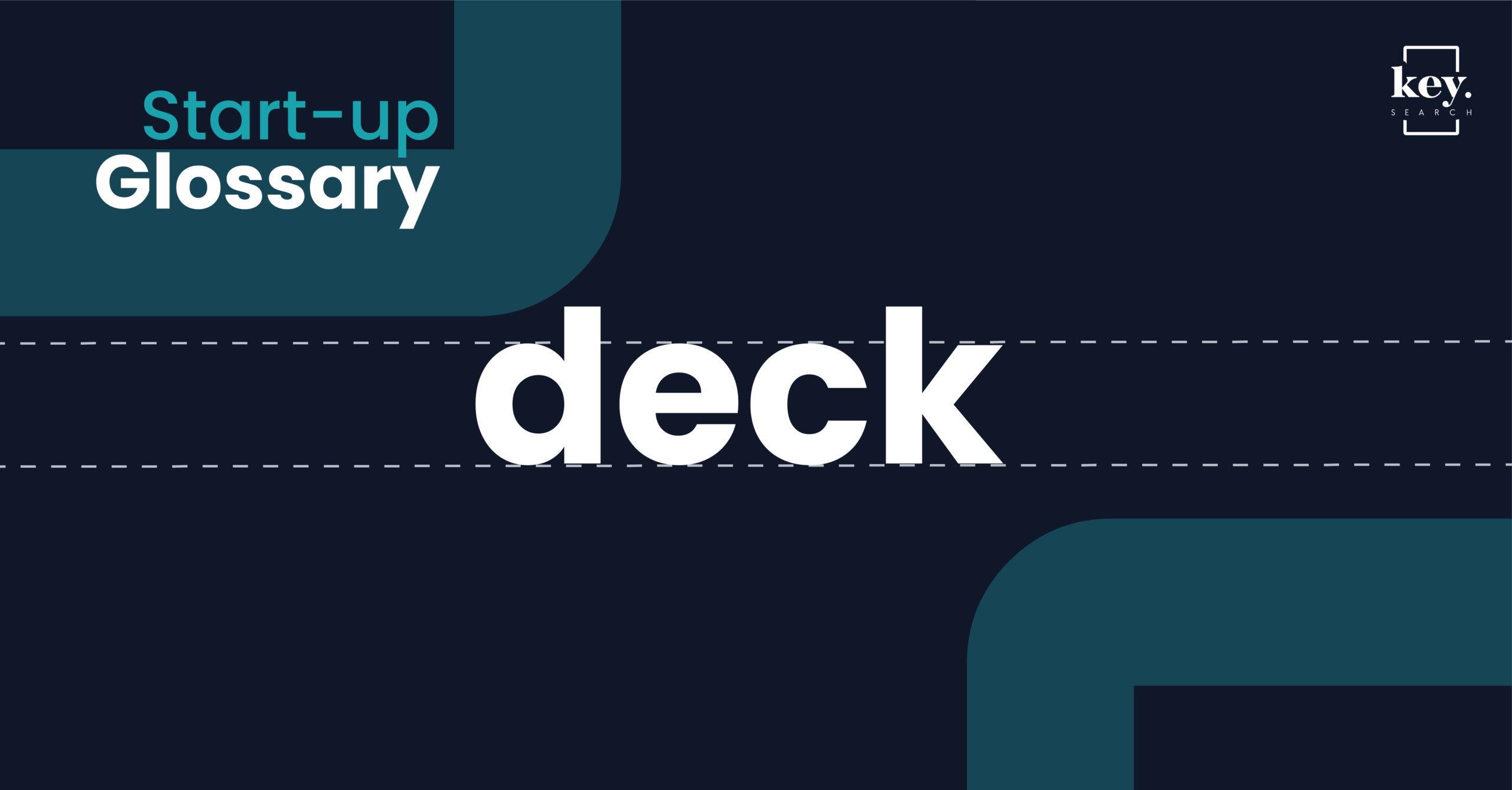
Deck
A deck is a presentation that covers all aspects of your business in a succinct and exciting way.
Read more about: Why We Don’t Write Job Descriptions
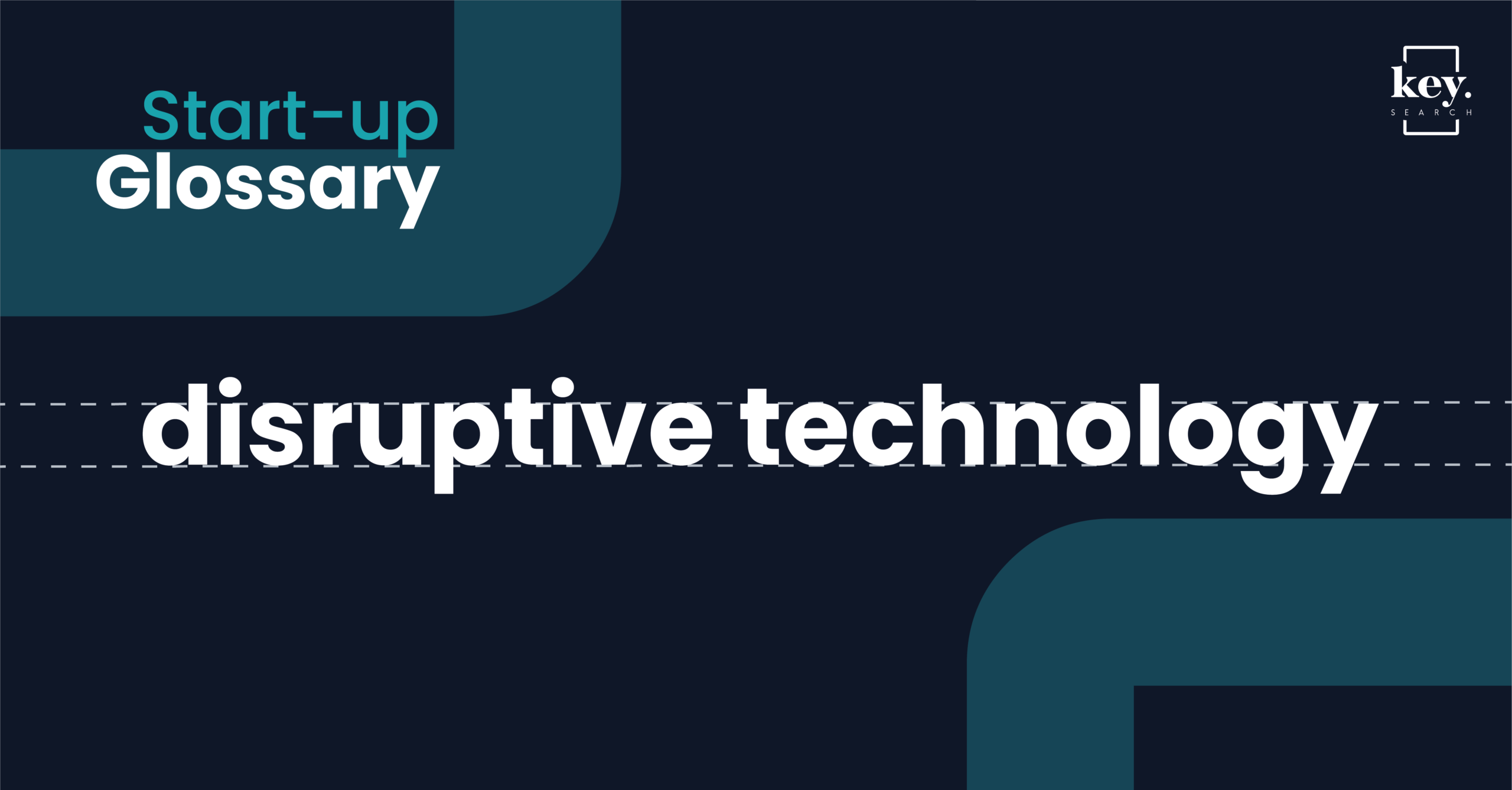
Disruptive Technology
Disruptive technology is any tech that takes an industry, forces consumers to think differently and then adopt that technology as the new norm. Examples include Uber, Lyft, Airbnb.
E
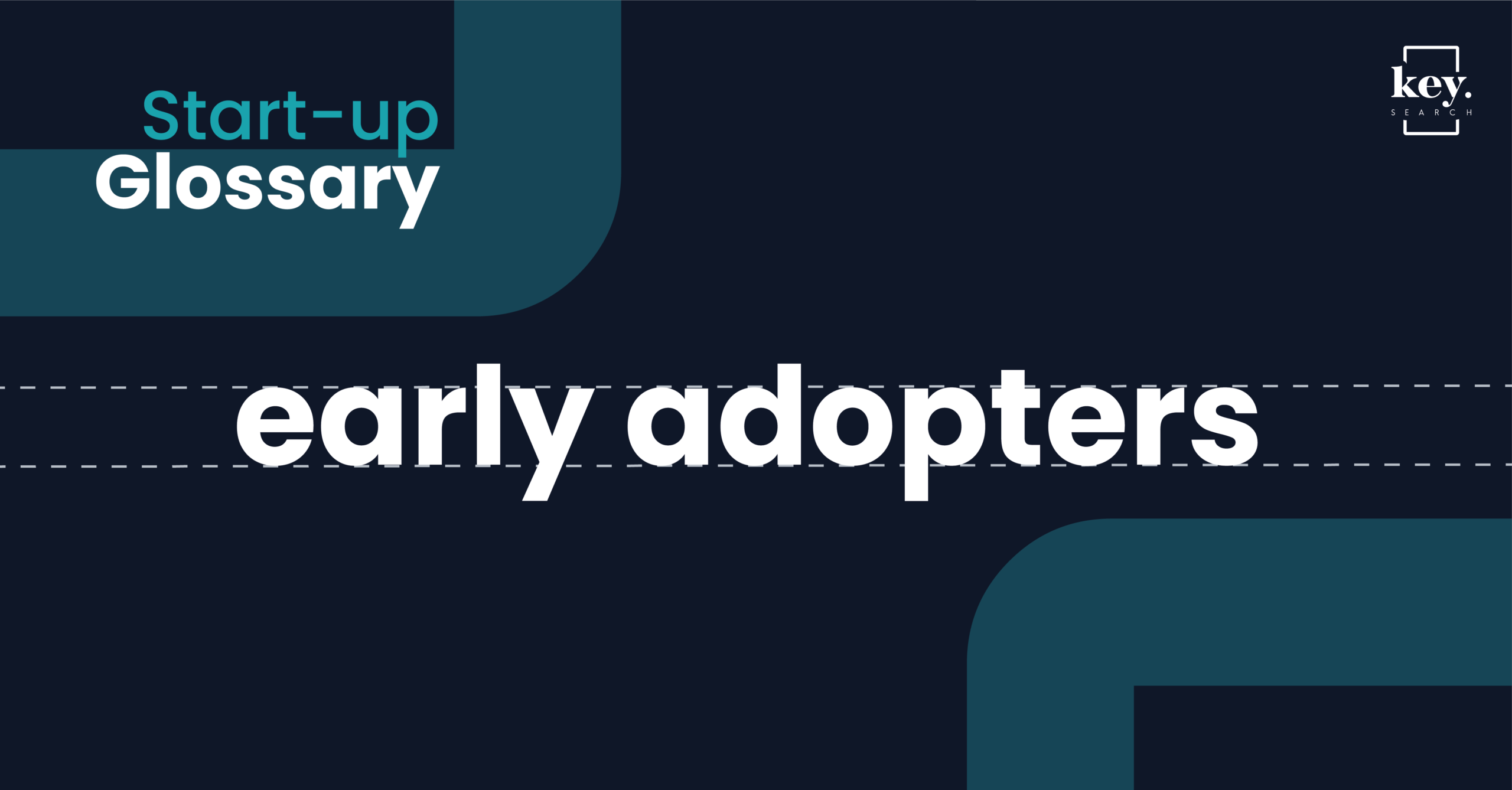
Early Adopters
Early adopters are the first users of your product. They will typically be key influencers and active on social media. They will give you your most honest and sometimes overly direct feedback. If you can identify these people effectively and have them interacting with your startup from an early stage, you can get lots of free exposure.
Read more about: Early-Stage Startup Hiring
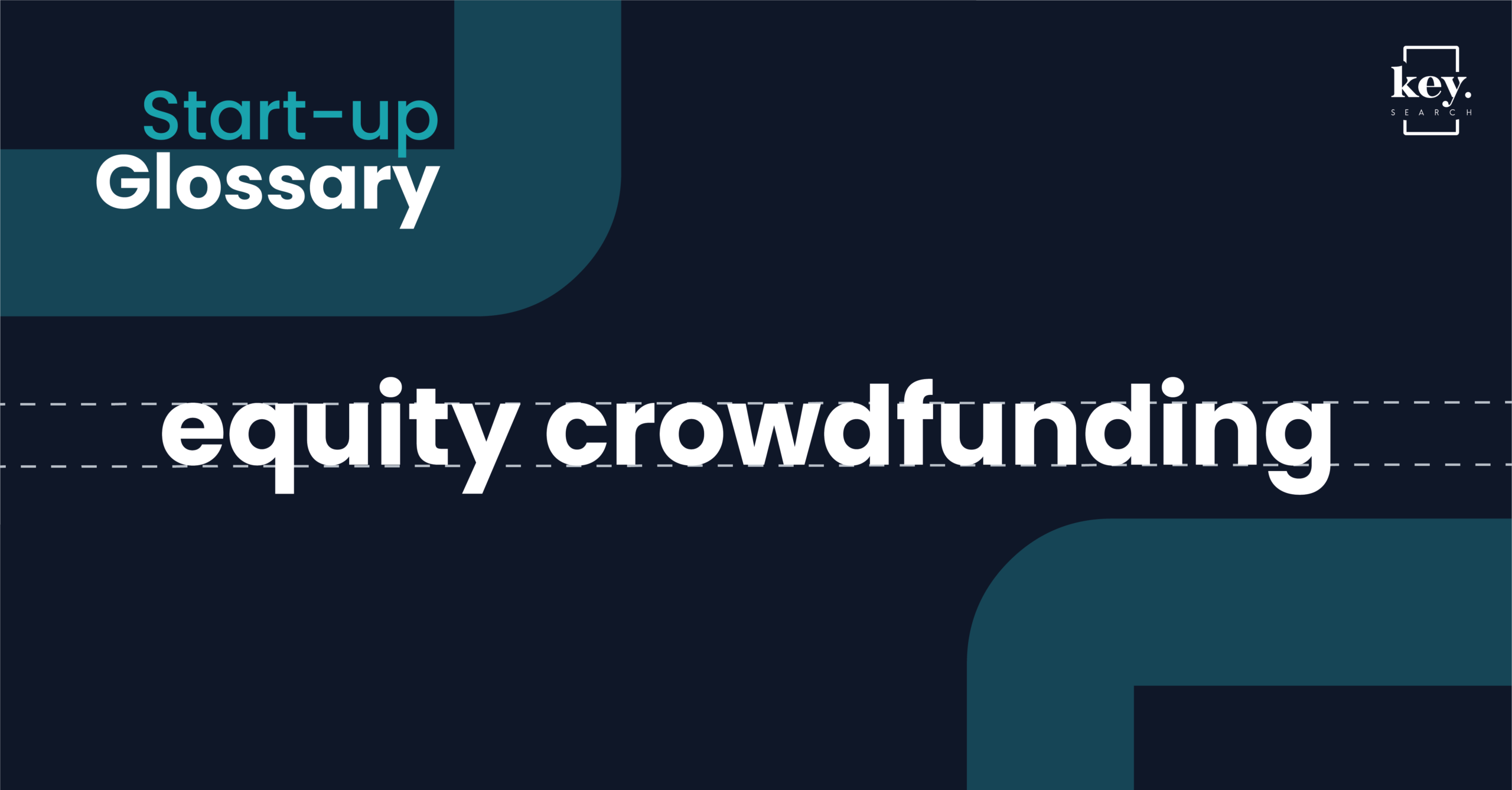
Equity Crowdfunding
Equity crowdfunding is just like regular crowdfunding but instead of getting money in return for a fee, you pay a fee to the crowdfunding site and a % of the company to investors.
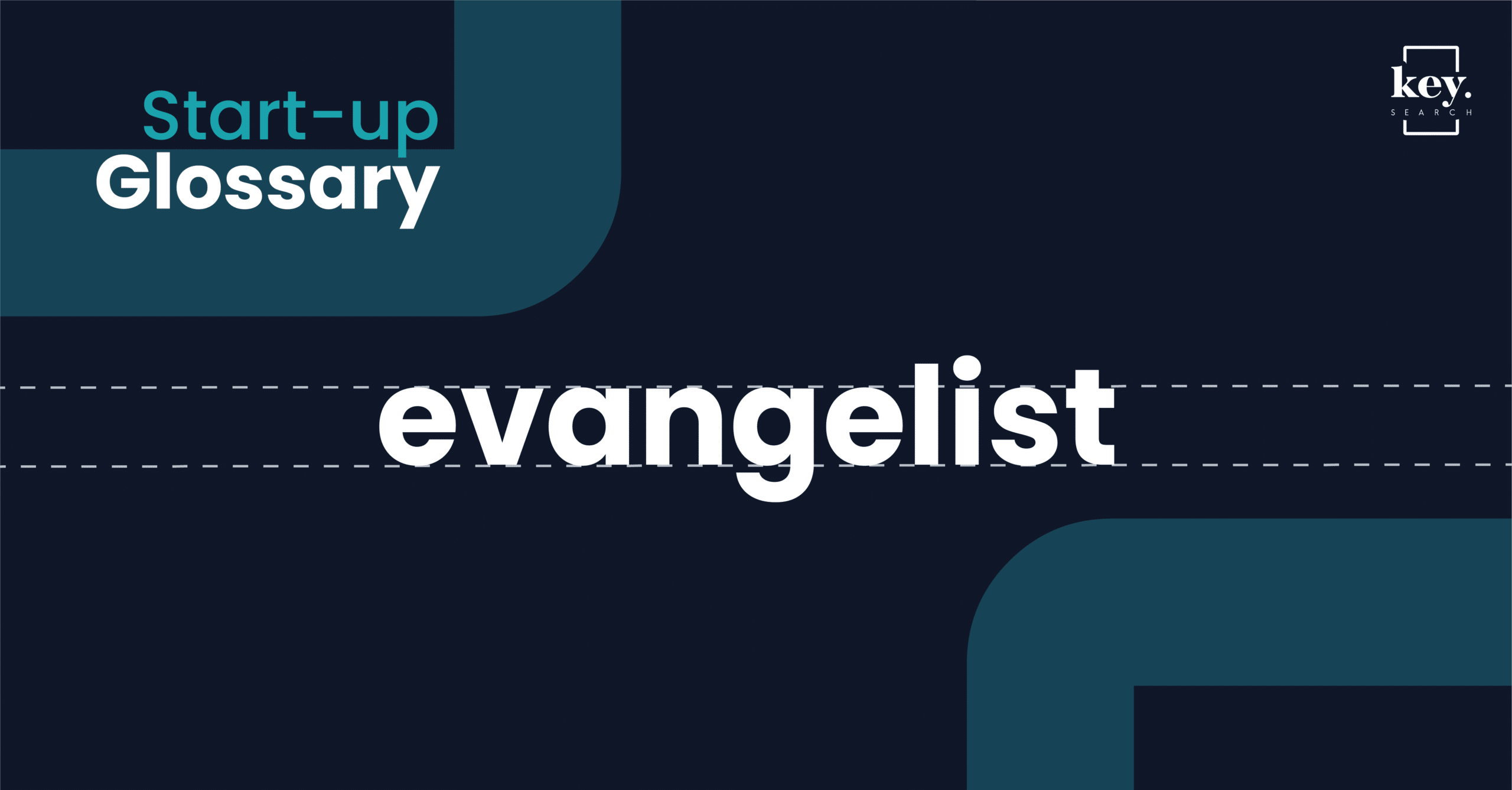
Evangelist
An evangelist is someone inside your organization who is your number one fan. They love your company so much that they often go above and beyond their expected role to help promote your company.
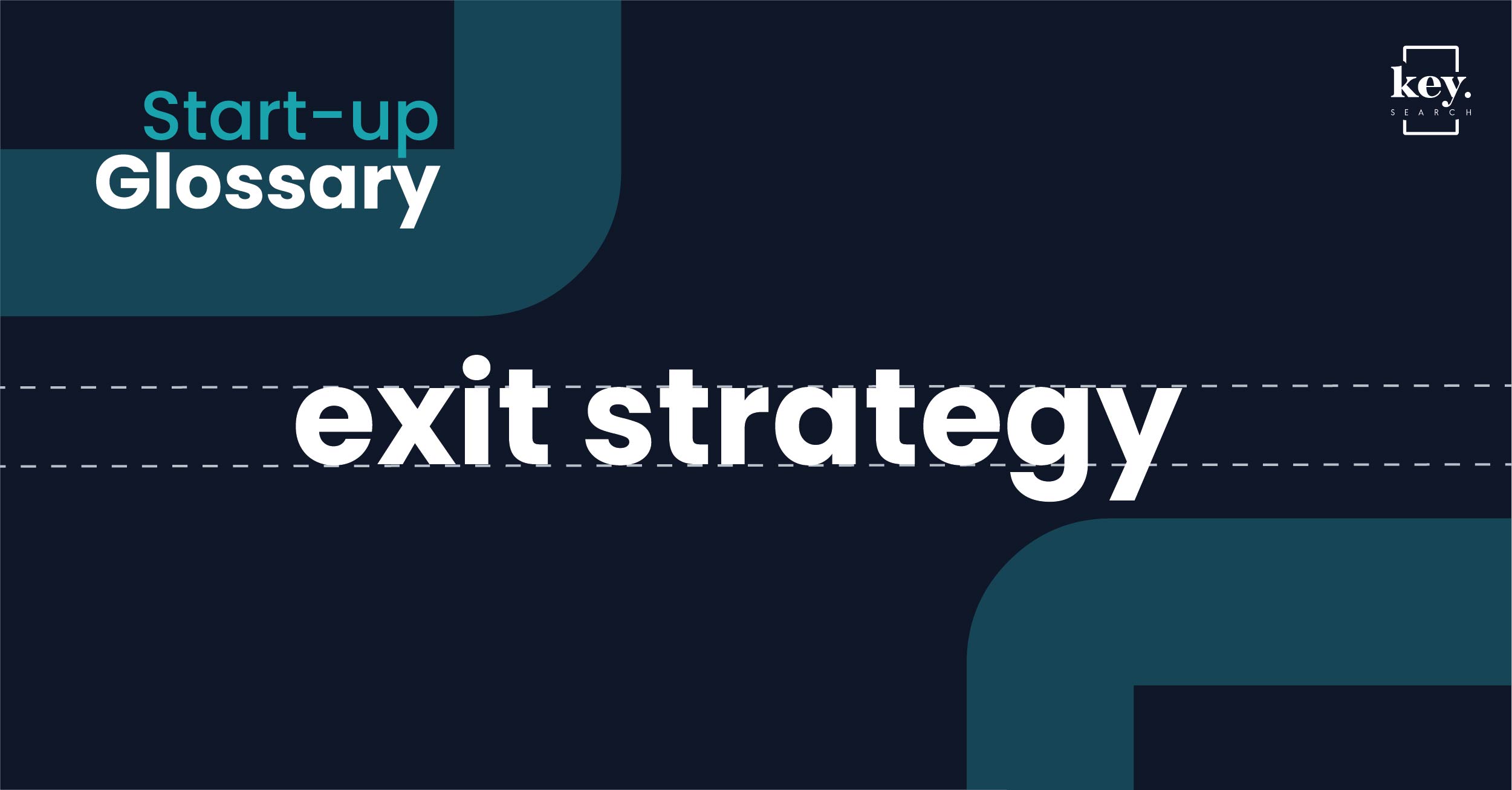
Exit Strategy
Exit strategy is how you plan to sell your company to give you and your investors a return on their investment. This ranges depending on the industry but a standard multiple with technology investments seems to be 10x.
F
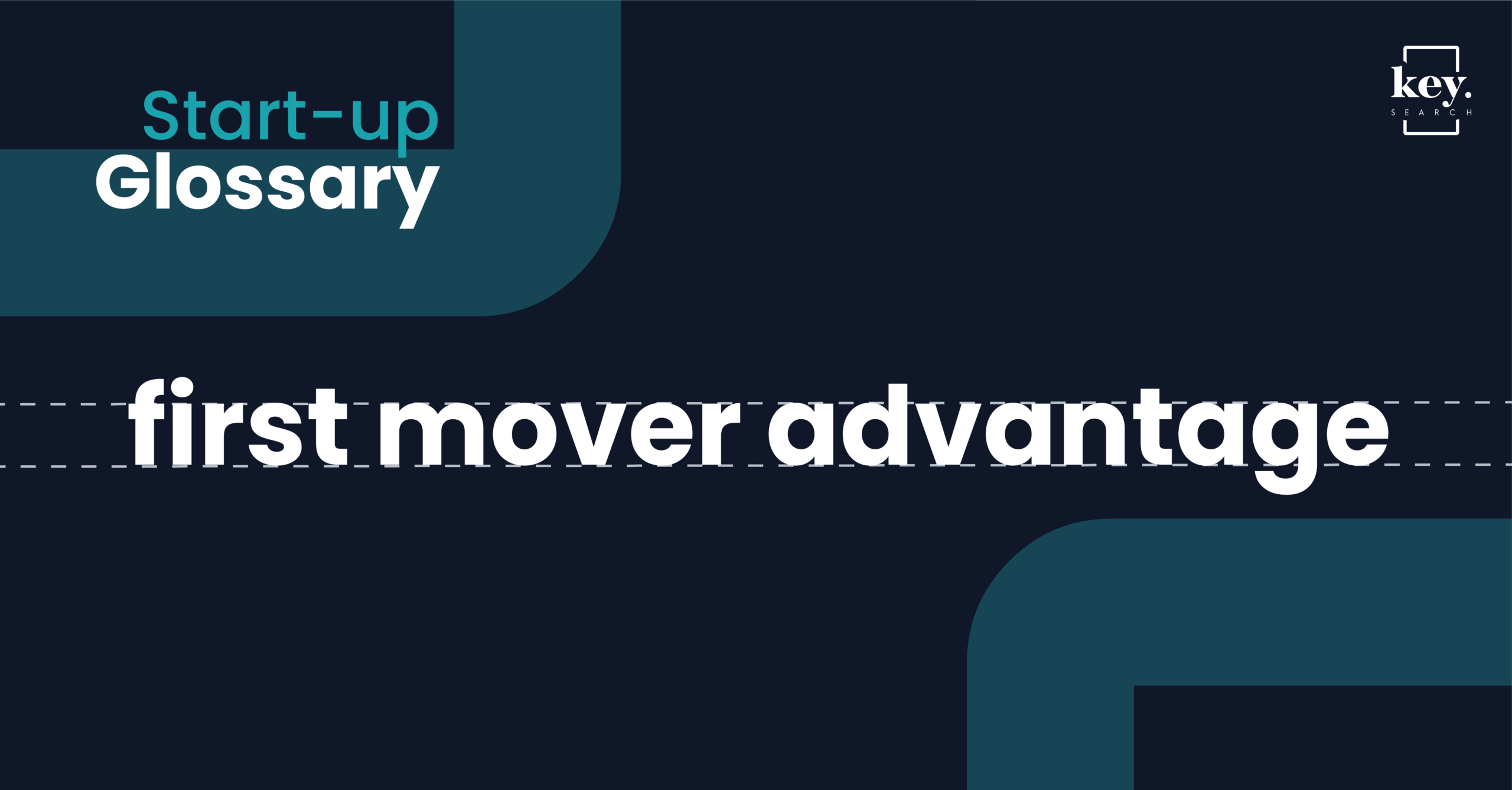
First Mover Advantage
The first to market is not always the first to capitalize on the industry. One reason for this is that it can cost a fortune to educate potential users or customers. That said, if you are a company like Disney, you lead, and by innovating you stay ahead of the pack. This is called first mover advantage.
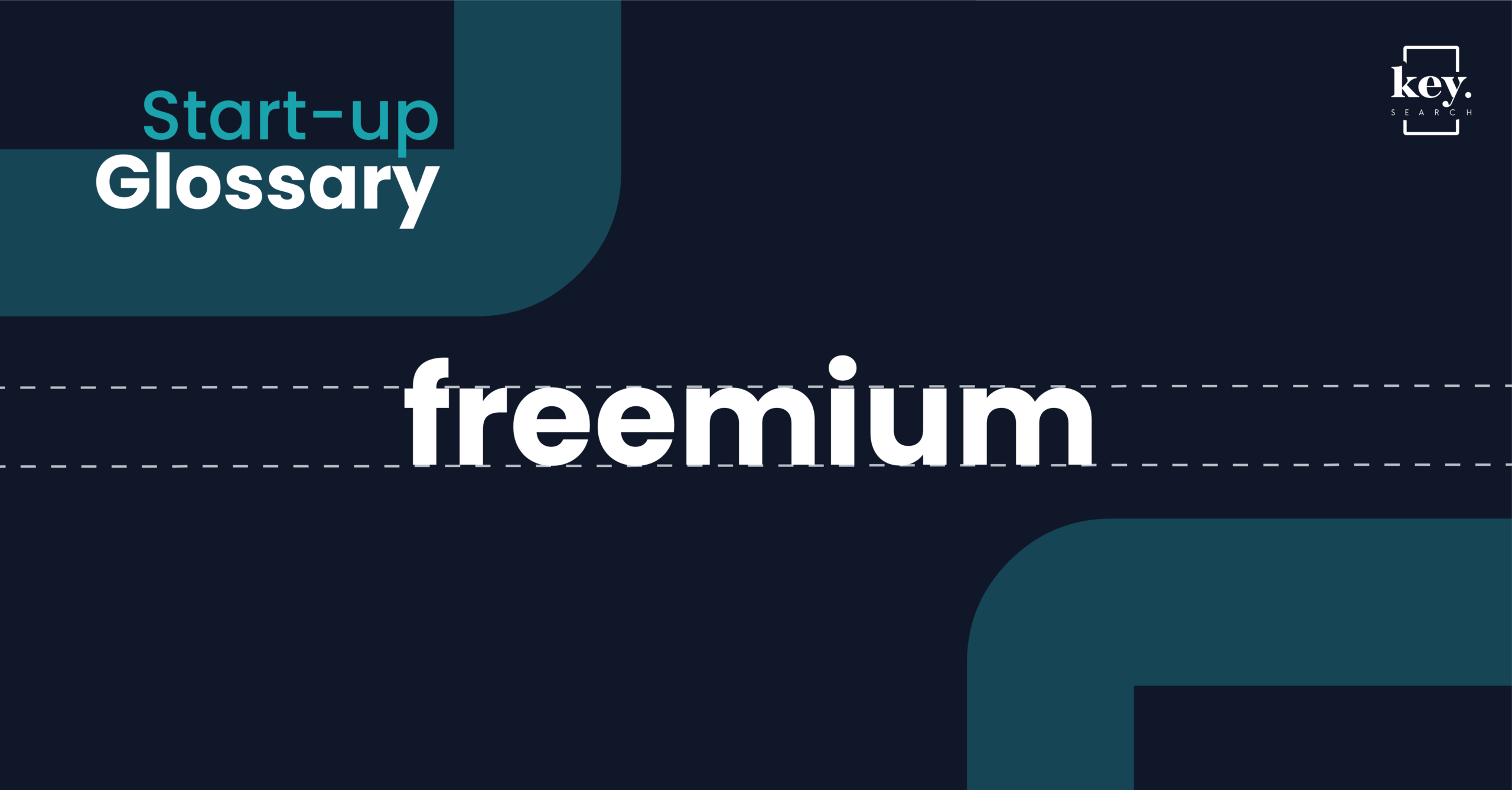
Freemium
A freemium approach is when give your basic product away for free and then try to upsell other features to your customers. It is a common and proven technique to acquire more users.
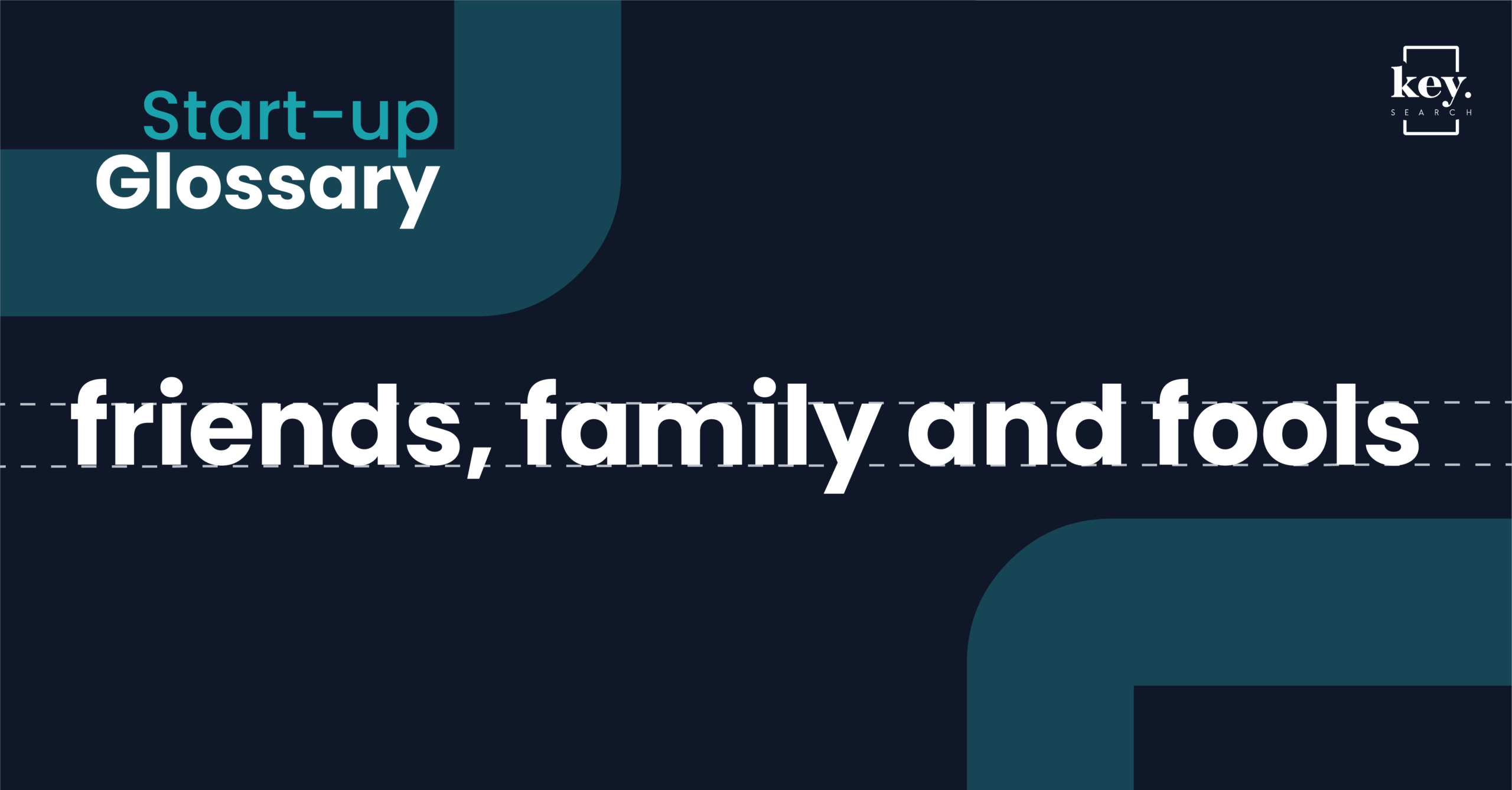
Friends, Family and Fools
This is mostly what it sounds like, it’s fairly common and tends to happen early on in a business venture. The “3 Fs” represent the earliest capital a new company may receive from those closest to them. The addition of “fools” refers to the high level of risk associated with this type of transaction.
G
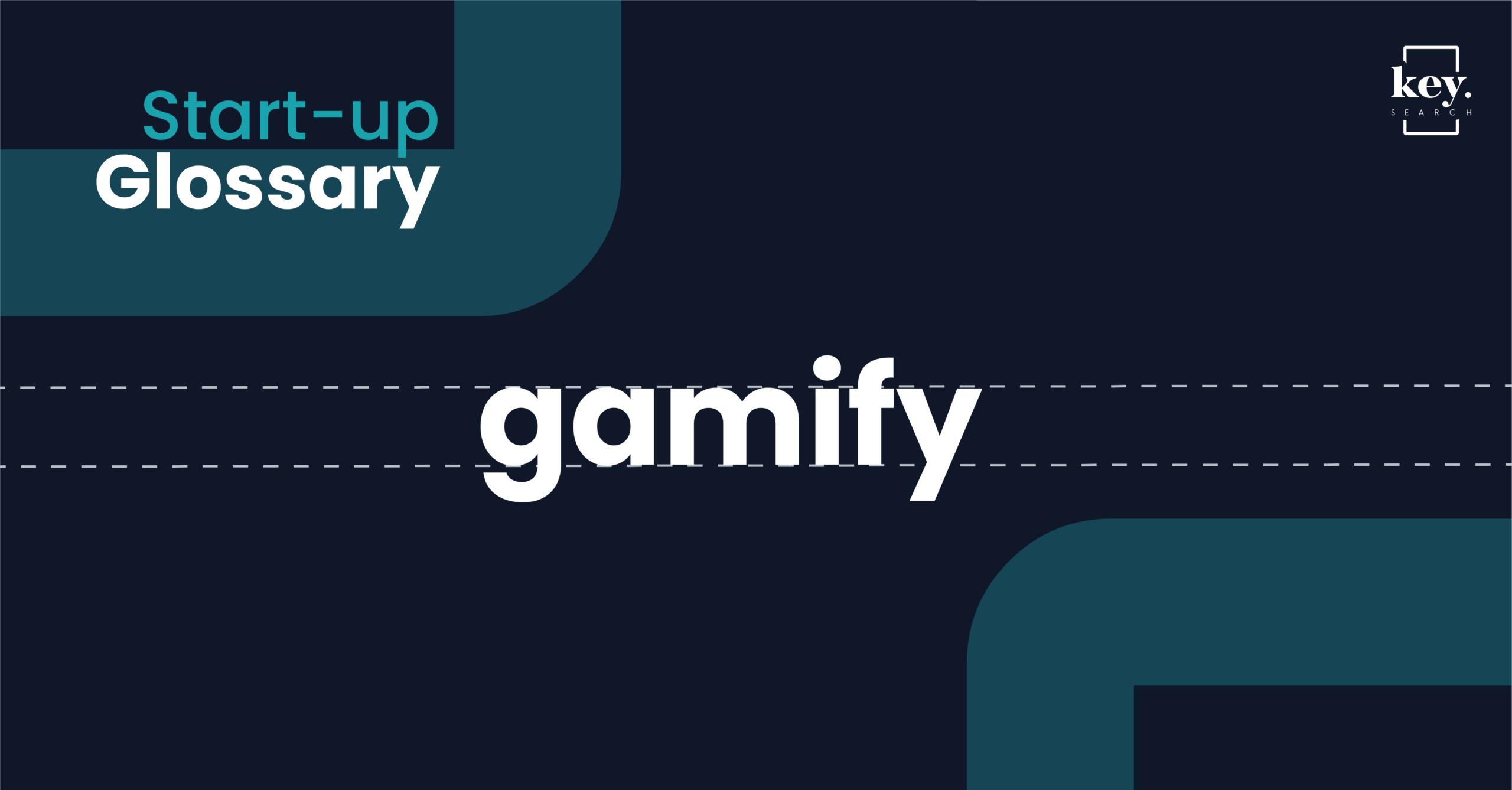
Gamify
If you gamify something, you add a game layer to your product that encourages people to use it with rewards of various kinds. See Foursquare and how they used virtual badges and the “Mayor” badge to encourage people to use their app.
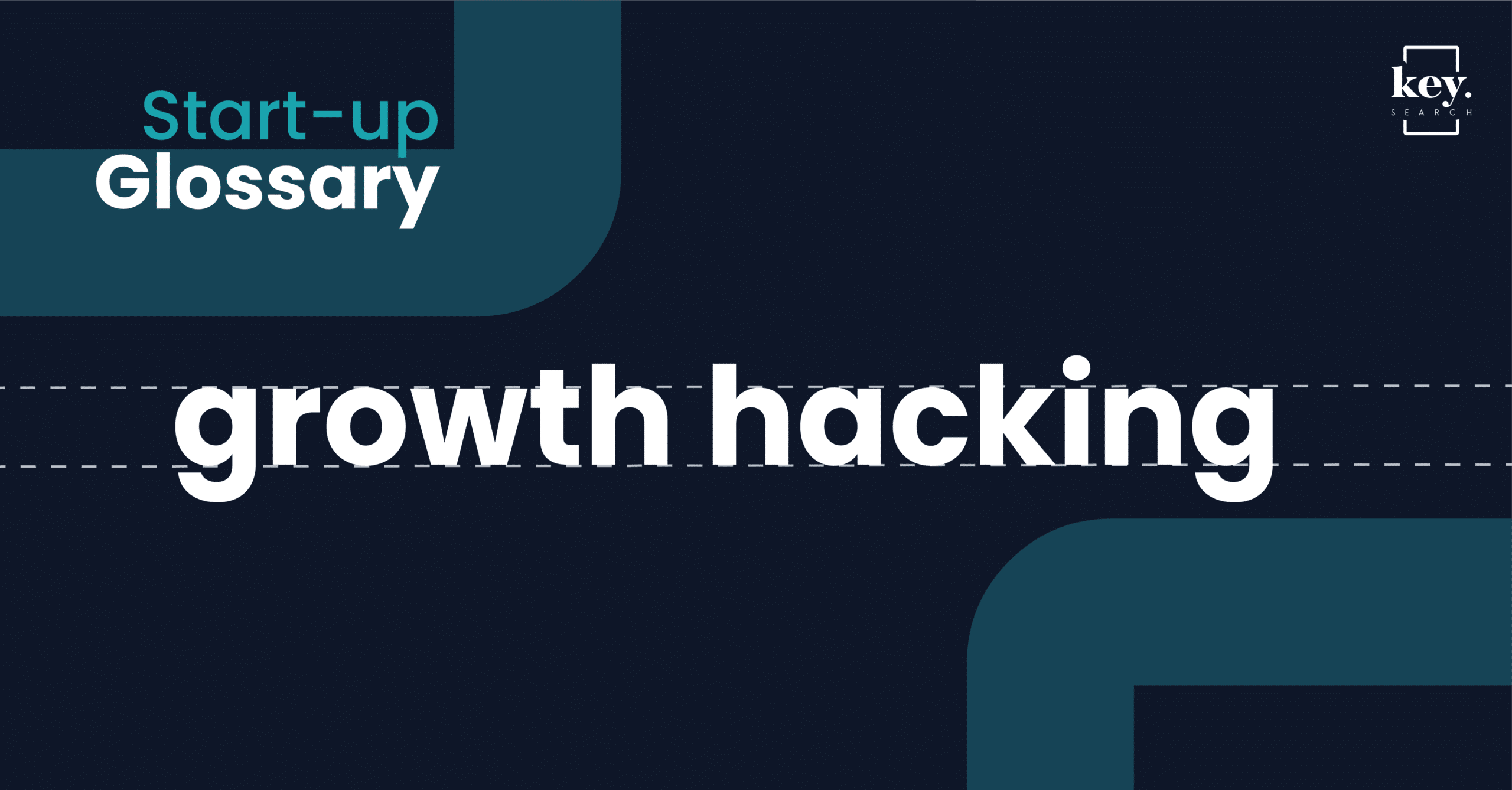
Growth Hacking
Growth Hacking was a term first used by Sean Ellis (Dropbox) to describe a marketing technique that focuses on quickly finding scalable growth through non-traditional and inexpensive tactics such as the use of social media. Other companies that have effectively used this technique are Airbnb and Foundr.
H

Hockey Stick
Hockey stick is an expression used by investors to describe the shape of the growth curve they want to see in businesses they invest in. They want to see their startups grow quickly and at least double sales every year.
I
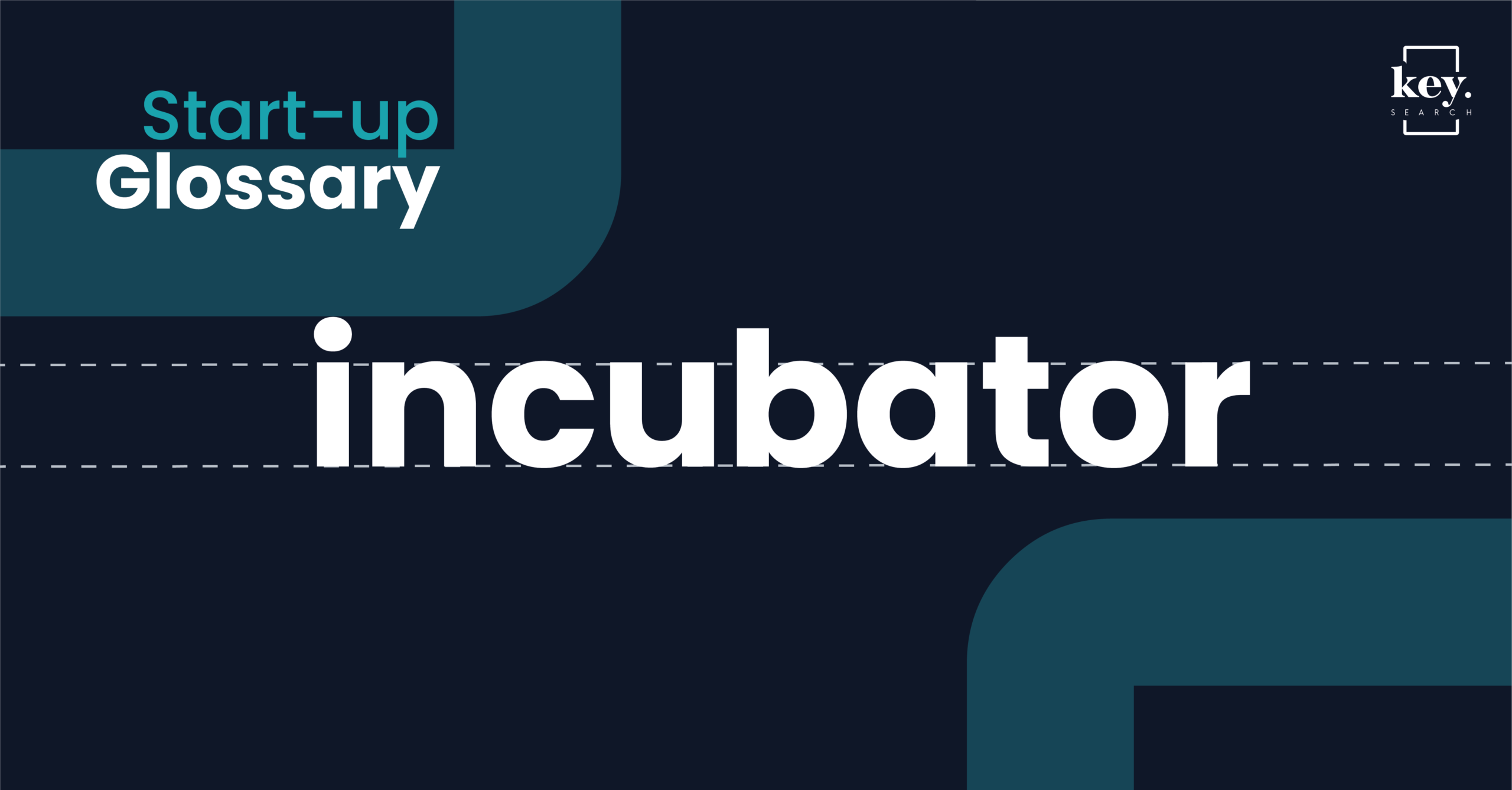
Incubator
Like a coworking space, but typically more structured around startup support rather than just space. Some incubators may provide funding and may ask for part equity (or ownership) in return. However, while a handful of accelerators and incubators have been very successful in helping startups attain success, being admitted to a startup accelerator or incubator is not a guarantee for success to a startup founder, and not a guarantee of a sound investment for a startup investment.
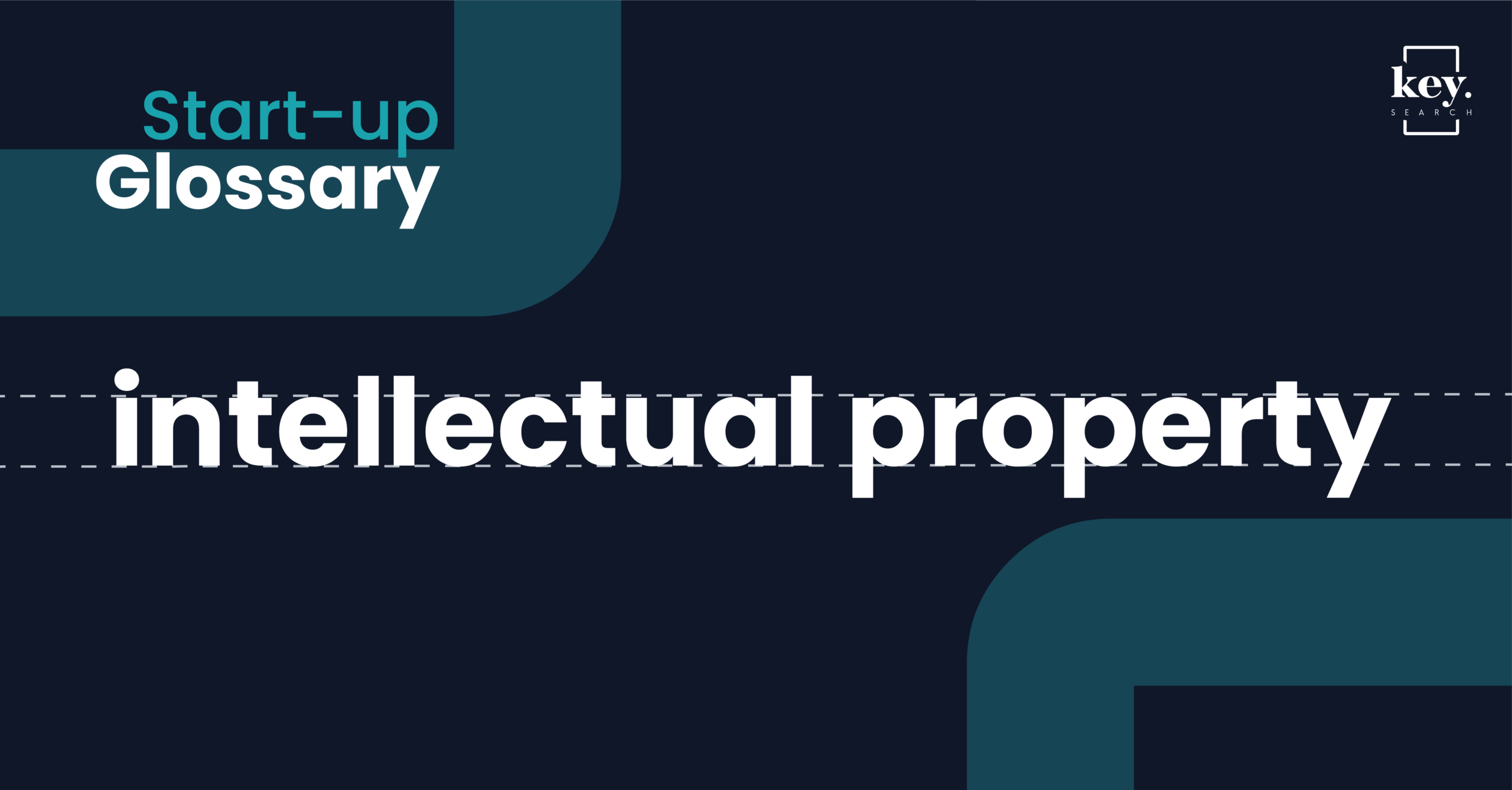
Intellectual Property
Intellectual property covers patents, trademarks and copyrights. It is a good way to protect your “secret sauce”. Patents — the DNA of your product. They are typically used to protect your design. Trademarks — they are used to protect your brand and depending on which one you register, you can add a “™ “ or “®” (Registered Trademark) next to your logo. Copyright — they are used to protect your creative content (like film, music or art) and it allows you to use a “©” symbol on your content.
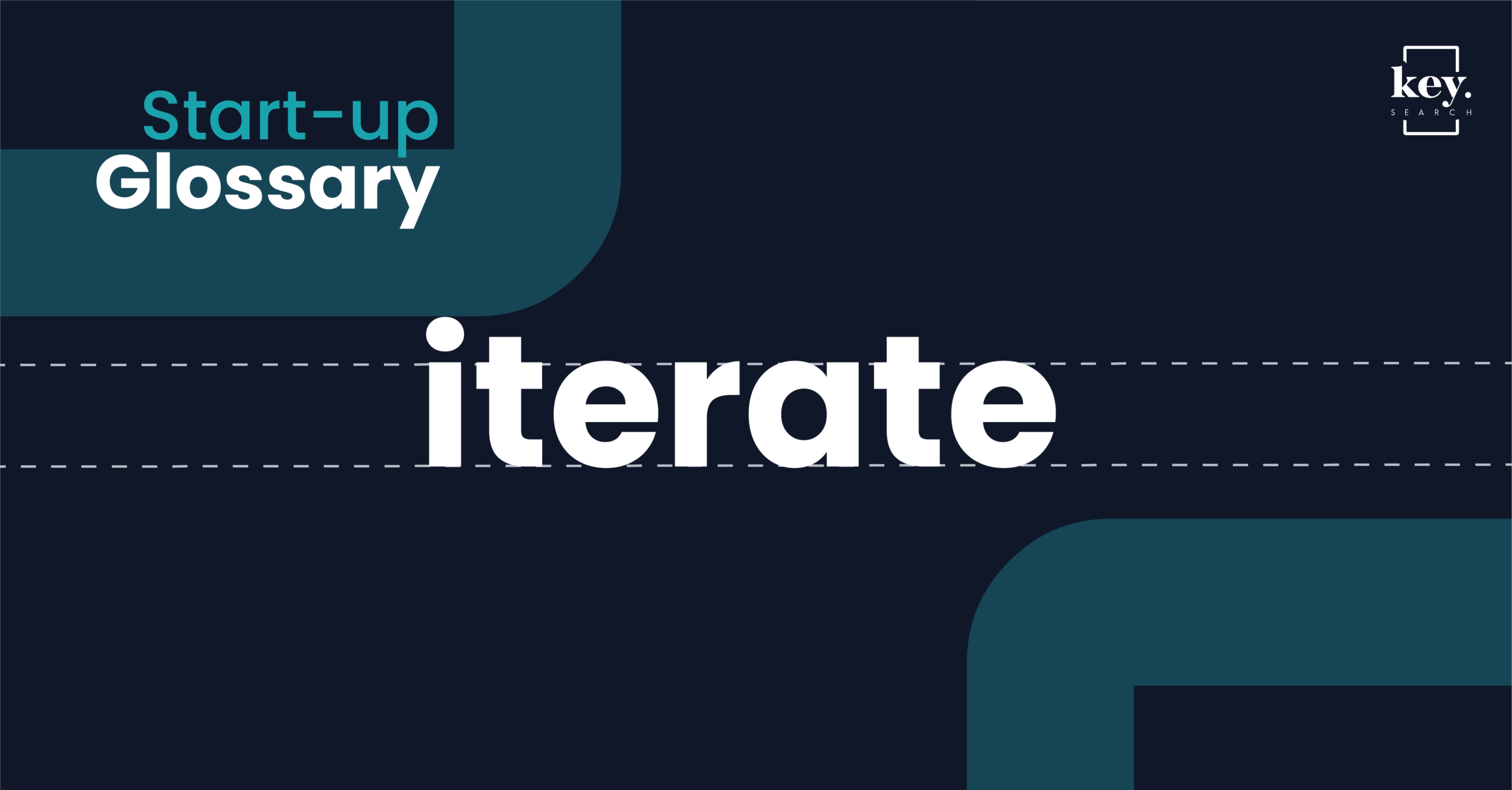
Iterate
Iterate means to try something, refine it, try again and keep trying, using small steps until successful.
L
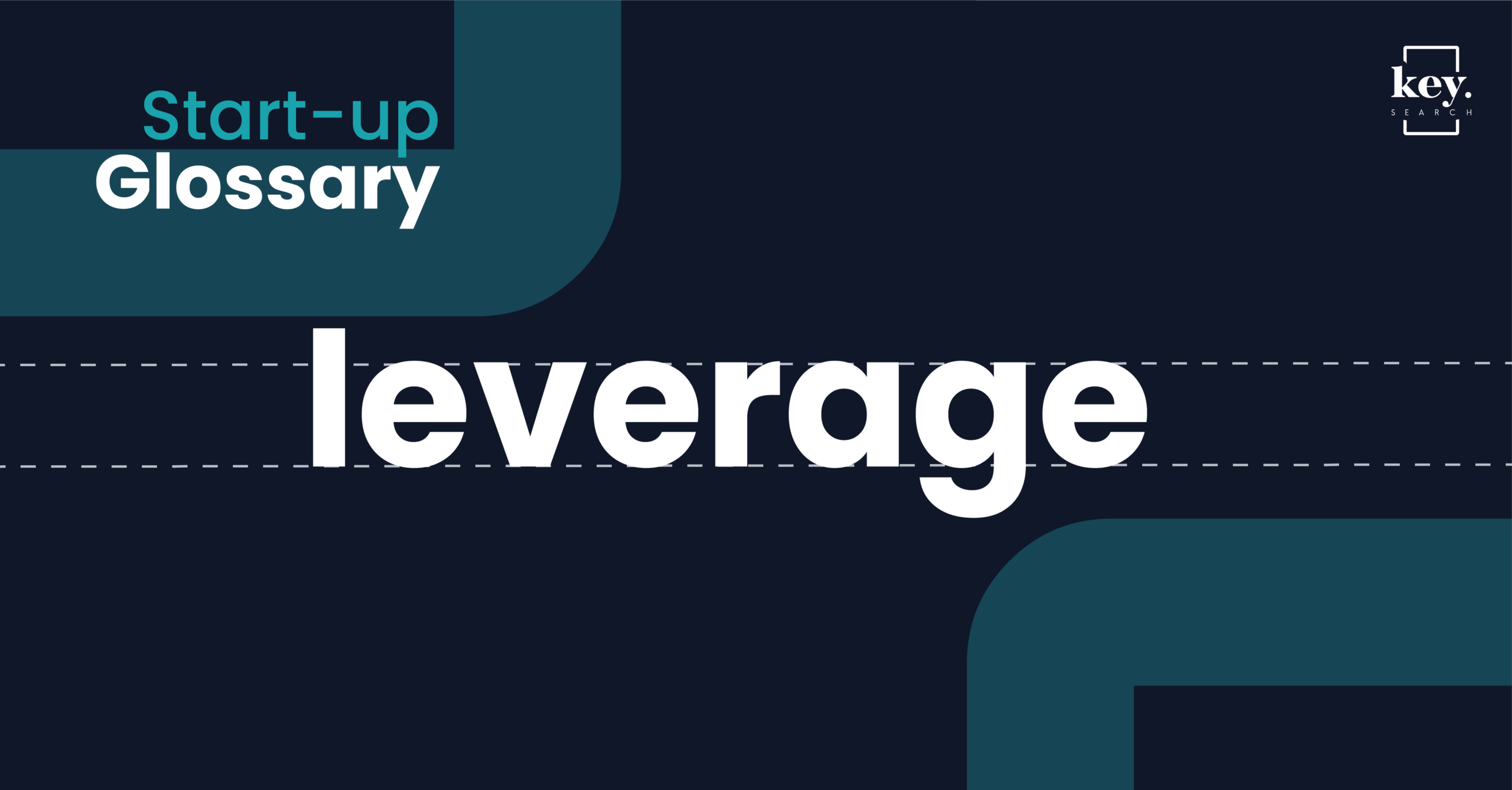
Leverage
Leverage is using something to accelerate your growth or success. This is often found in the form of technology or partnerships. Think about a Formula One car getting in the slipstream of a car in front of it so it can be catapulted out at a faster speed and overtake it.
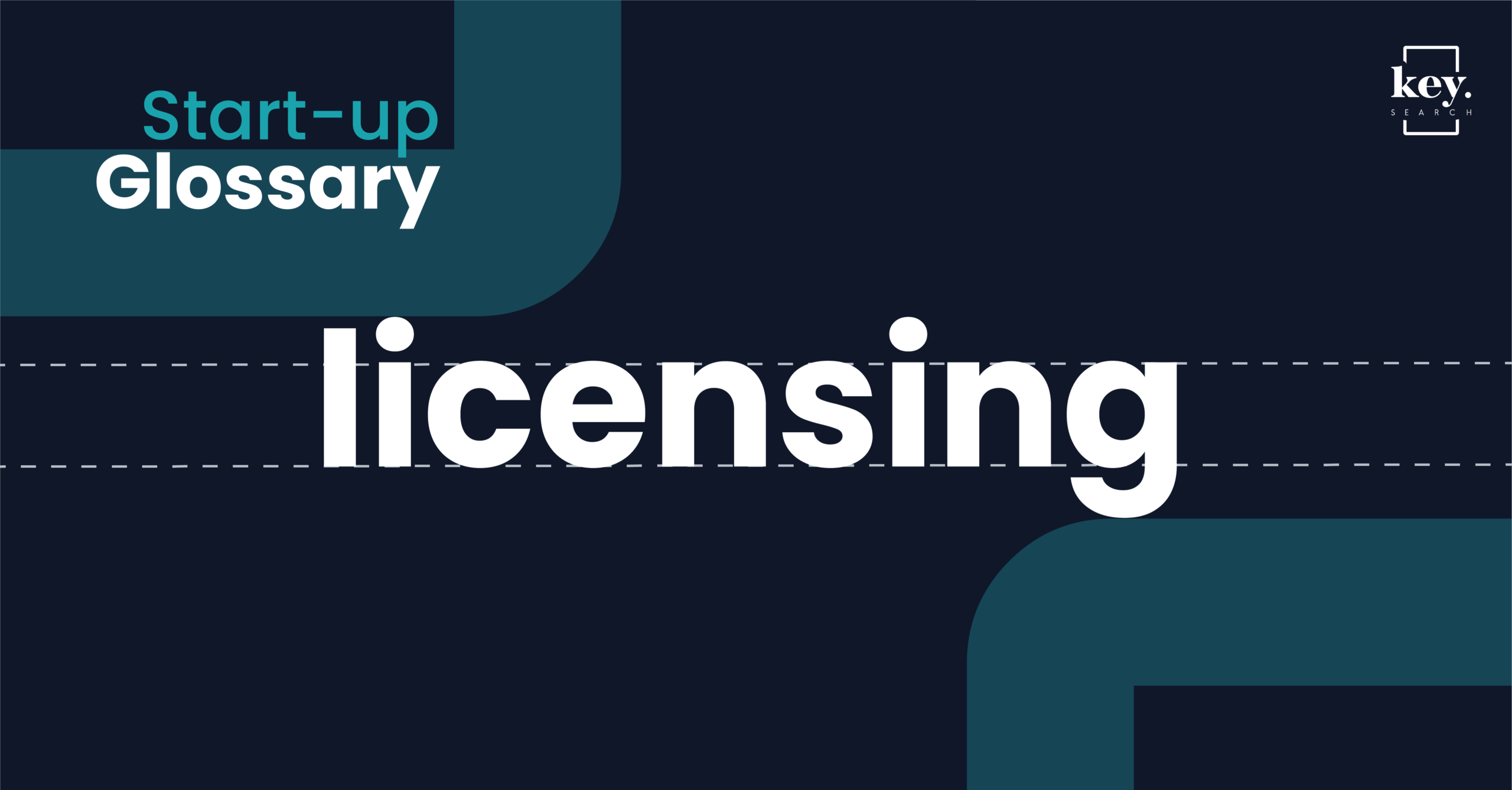
Licensing
A business arrangement where a company sells the right to use their IP to another company to use its brand (trademark), copyrights, or a specific technology, usually patented or protected by trade secrets.
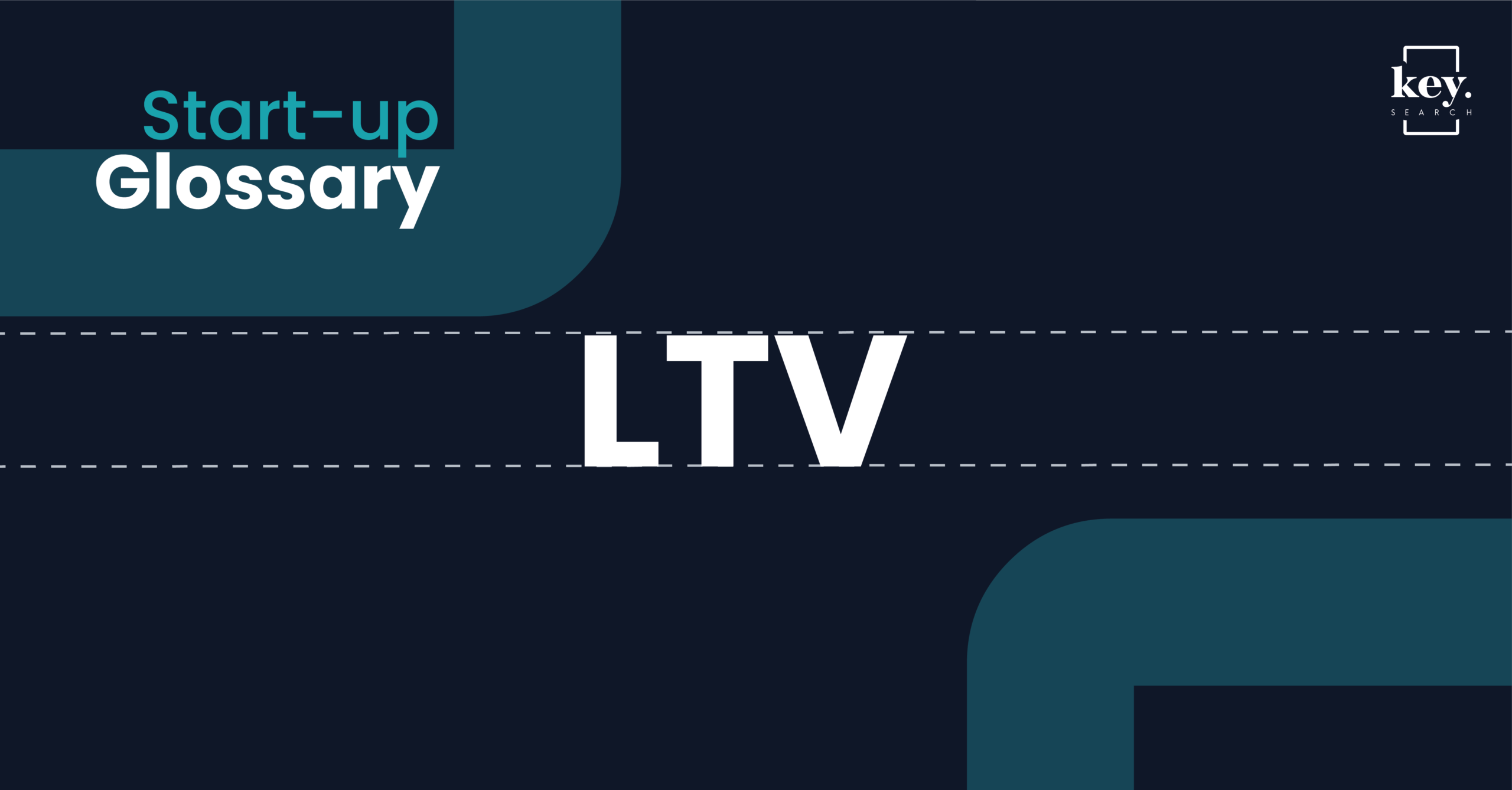
LTV
This compares the lifetime value (LTV) of a customer to the cost to acquire them (CAC).
M
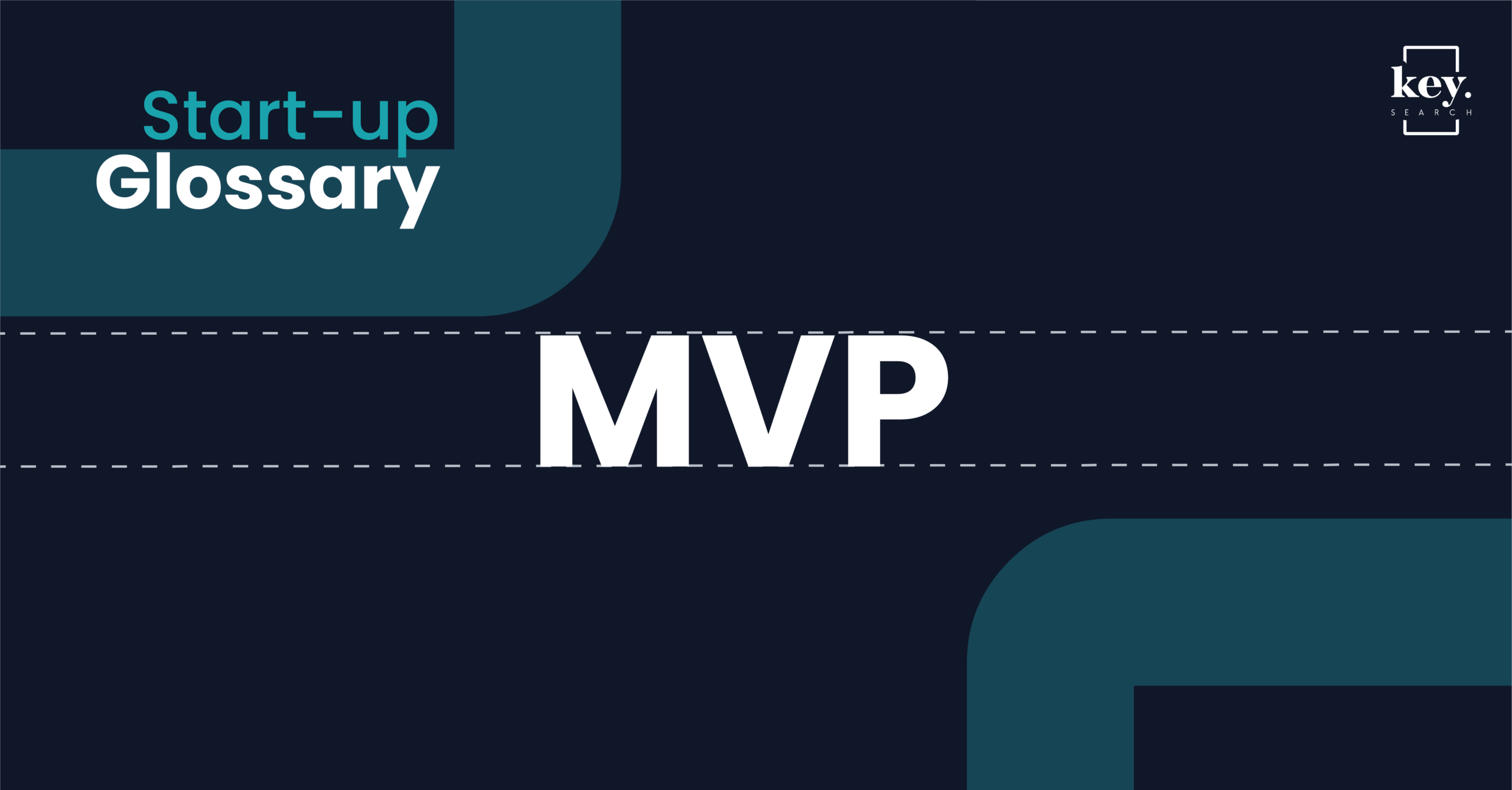
MVP
A minimum viable product is the simplest form of your product. This can be used to attract Beta users/early adopters or to pitch for funding. An MVP is a stripped-down version of the prototype with just the essential features and no bells and whistles. This allows the developers to save time while they validate a product idea and gather feedback on what to improve.
N
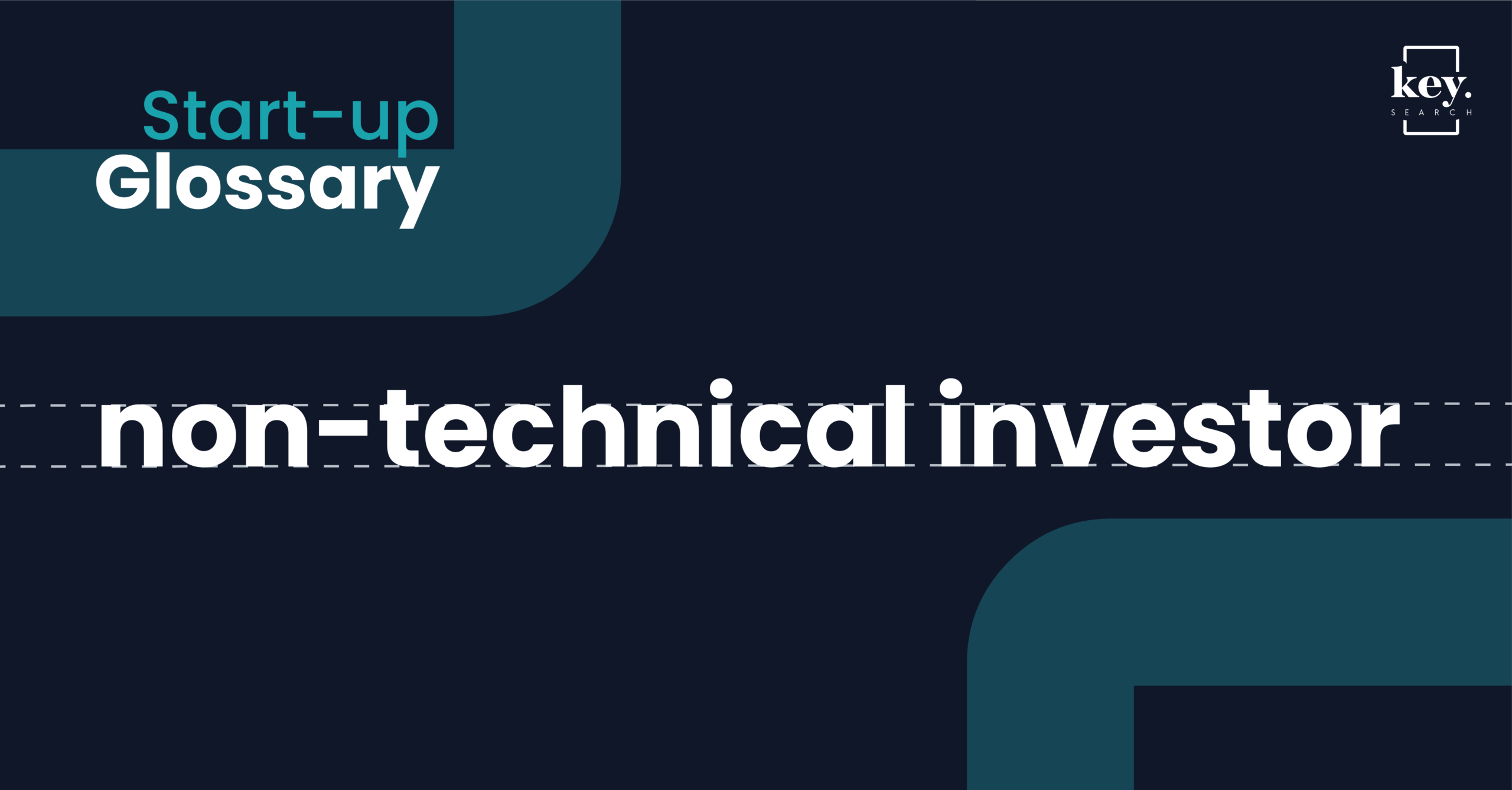
Non-Technical Investor
Although the non-technical investor may not fully understand the technology behind a brilliant tech idea, they will have plenty to say about the business model. They will form their own opinions on the strength of your business based on their vast business experience, but the technical prowess will be left to others.
R
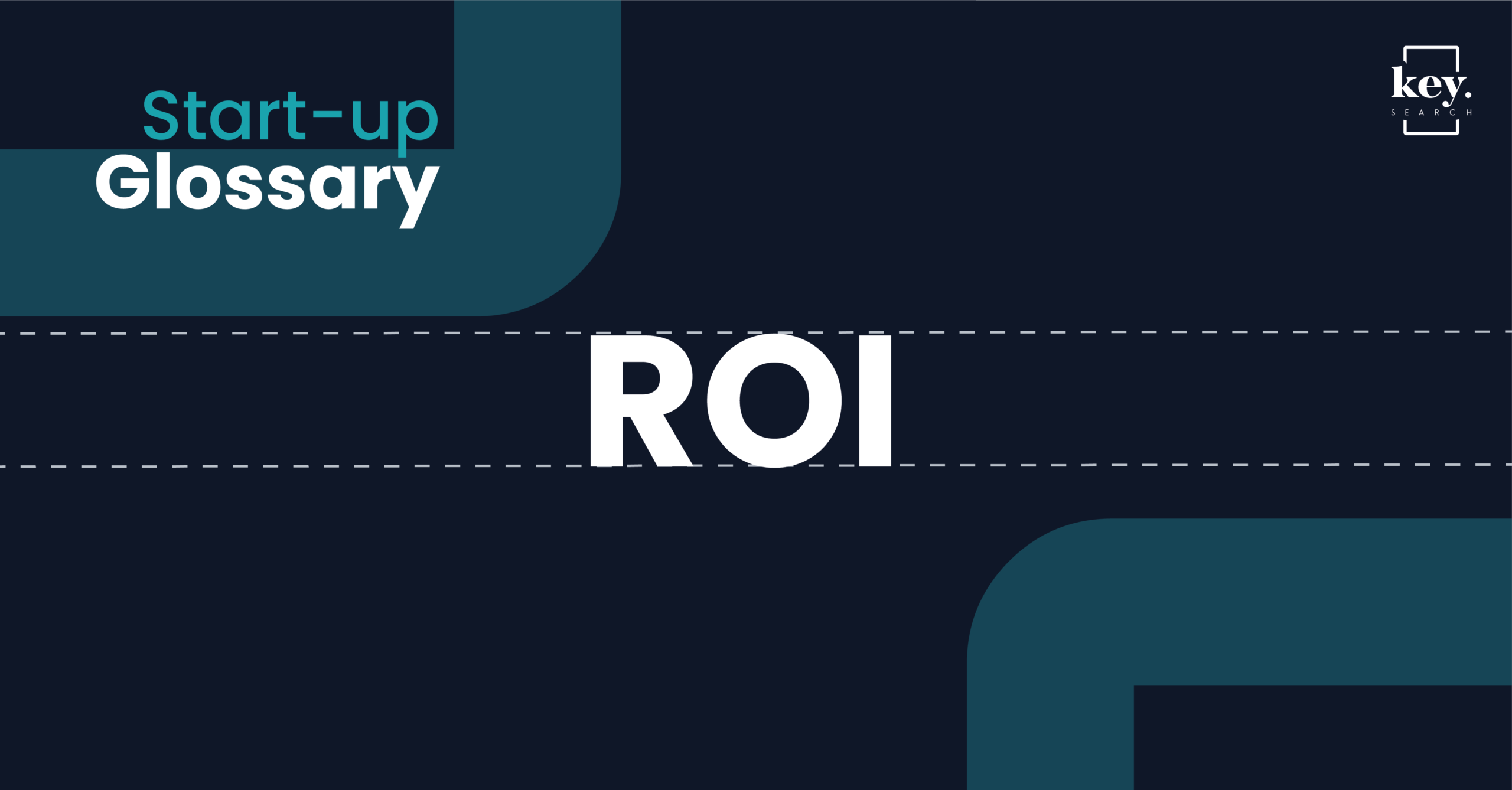
ROI
When an investor puts money into a company, he wants to know what he will get out. This is called the return on investment. The investor(s) will also want to know how long it will take to get their ROI.
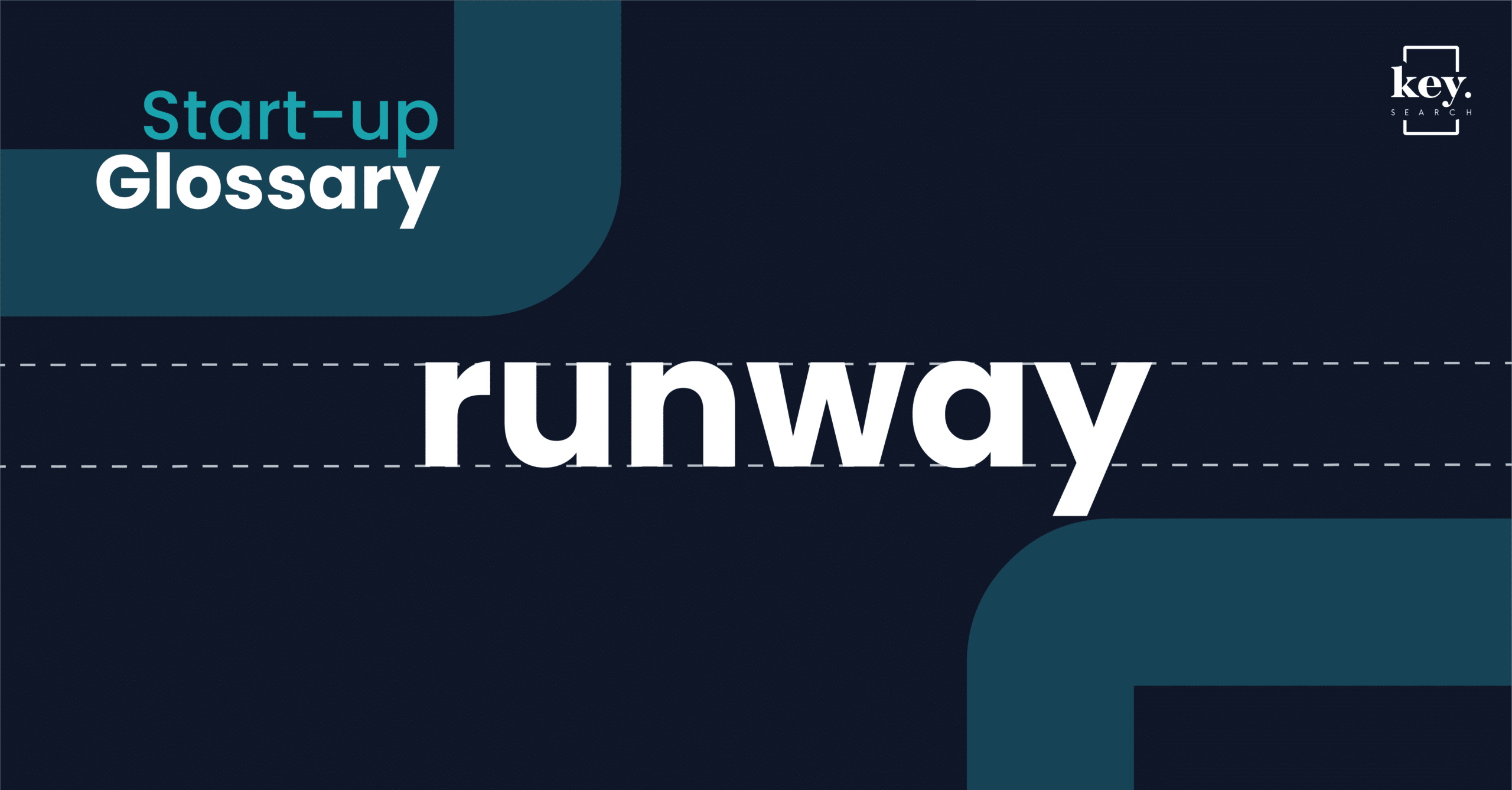
Runway
A runway describes how long your cash will last and when you think it will run out. The key here is knowing when to start pitching for investment so you can time it to come in before you run out of cash.
S
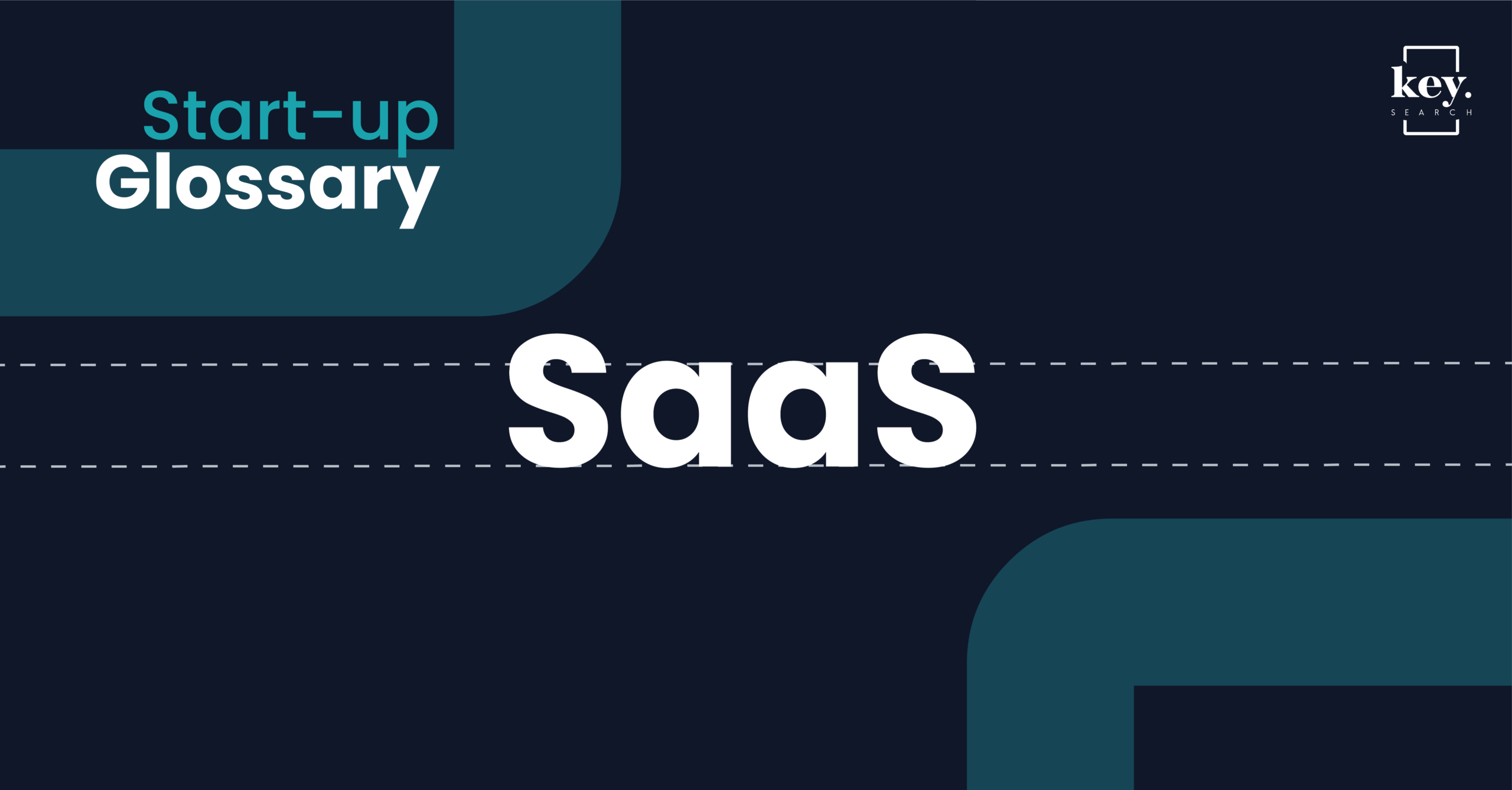
SaaS
SaaS is a subscription on a monthly or annualy basis that is sold so that your user can use your software.
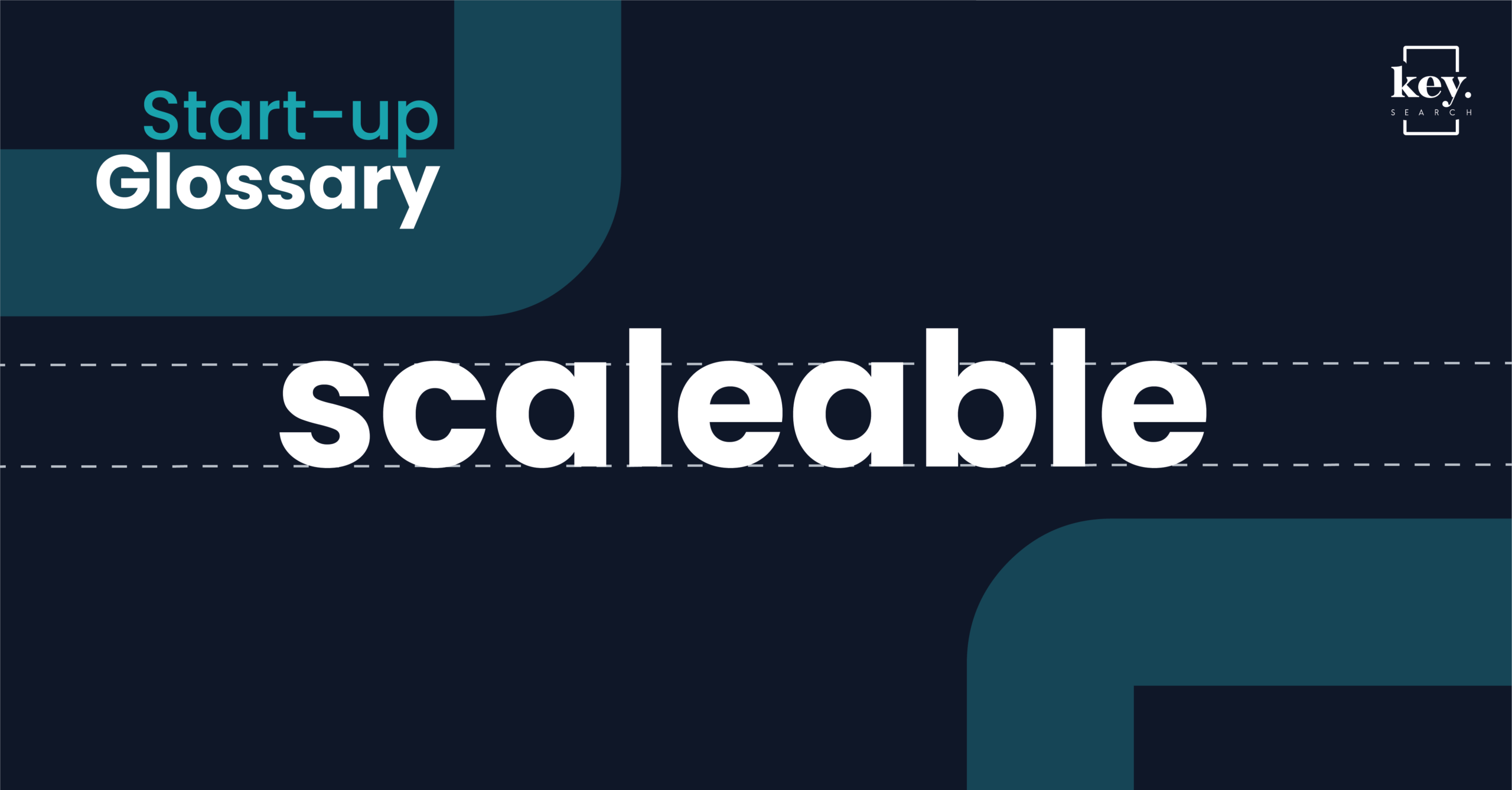
Scaleable
This term refers to how big your business can grow, how much market demand you have, and which markets you can grow into. A common question from investors is, “How scaleable is this opportunity?” If you cannot scale, you might fall under the “Cottage Industry” or “Lifestyle Business” category.
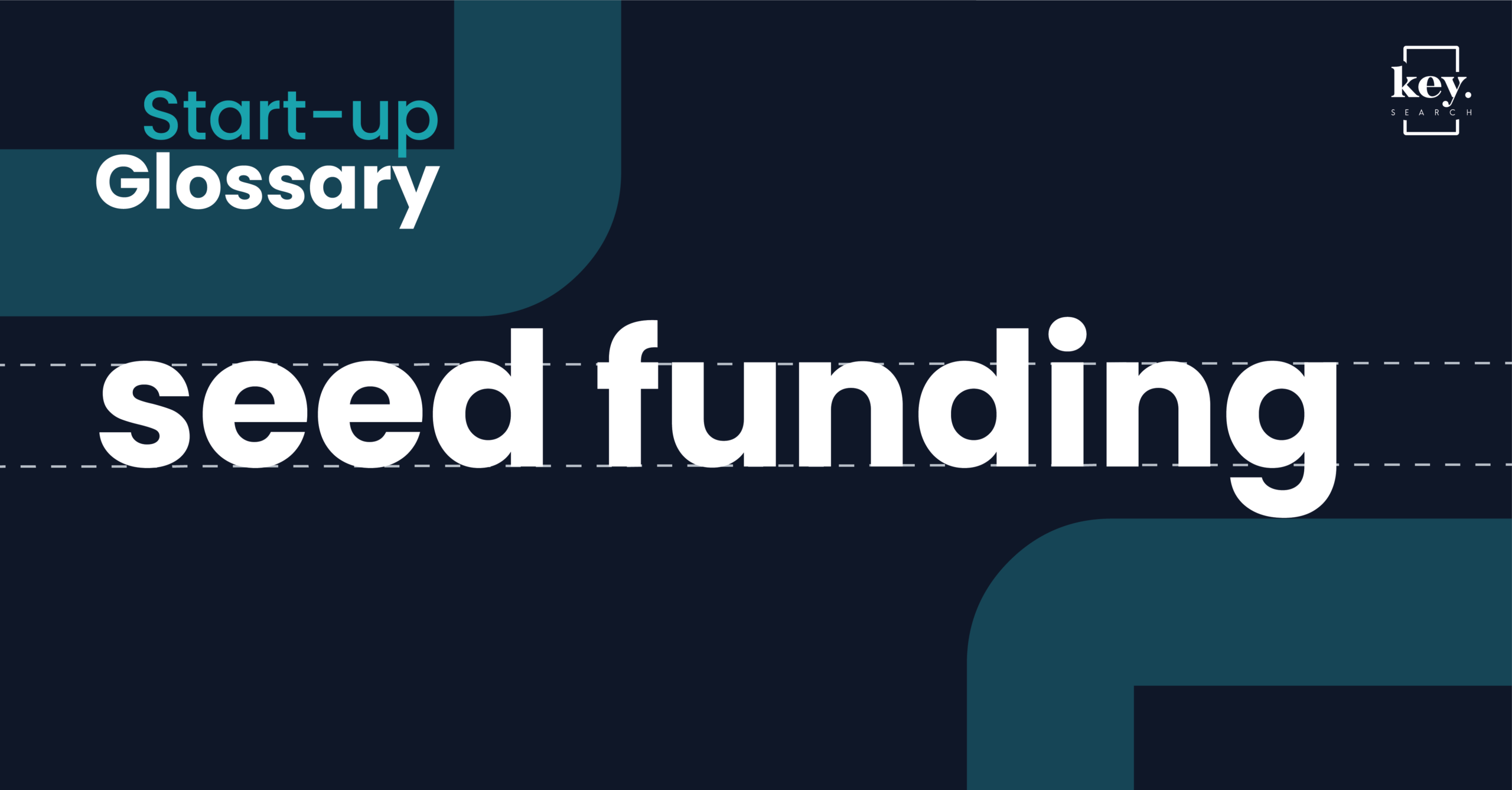
Seed Funding
The first official round of startup funding or equity funding (selling shares or ownership). Investors are involved here.
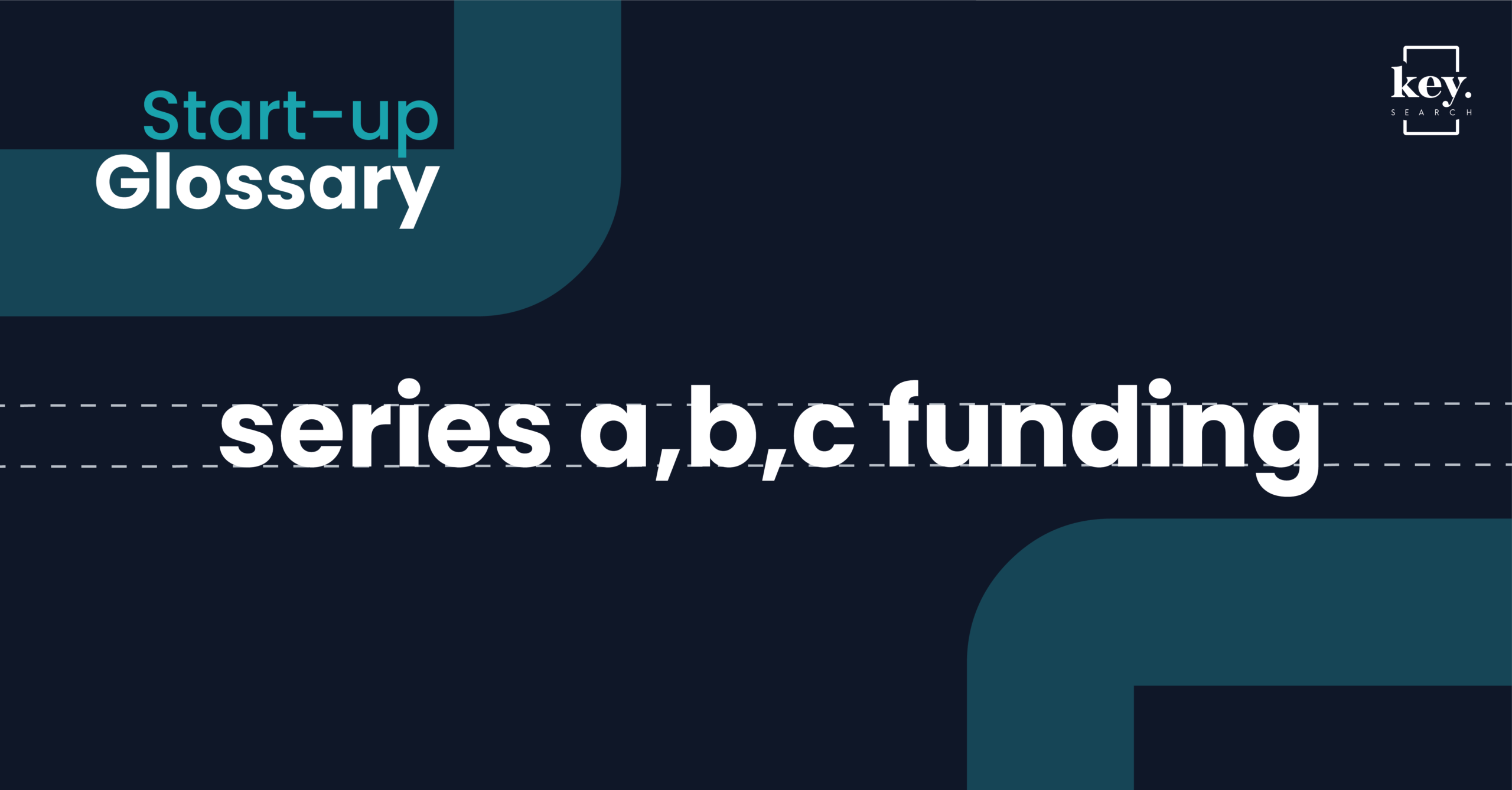
Series A,B,C Funding
Series A Funding The second stage of startup funding, but the first stage of venture capital financing. This comes before the B funding round. Series B Funding The second stage of venture capital financing. It sometimes features many of the same investors from the previous round, Series A, but may bring in additional prospects. Series C, D, etc. By the time a company reaches Series C funding, they may want to expand into another market (internationally, for example) or may be preparing themselves to go public or for an acquisition (i.e. an exit). For most companies, this is the final phase of funding.
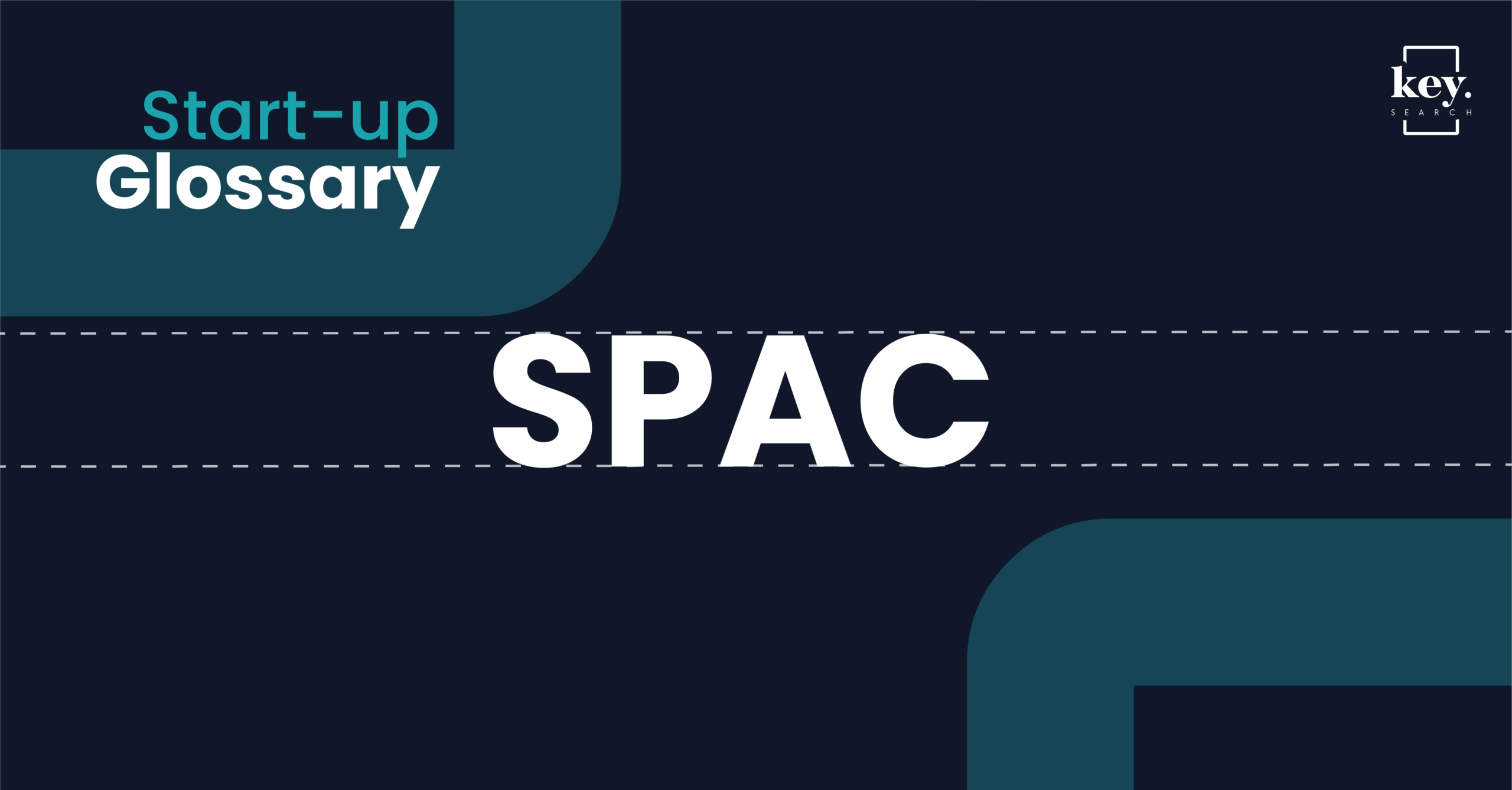
SPAC
A special purpose acquisition company (SPAC) is also known as a “blank check company”. When a public “blank check” or shell company acquires a private company to take it public. It’s a particular type of initial public offering (IPO) that involves buying a company that’s already listed but doesn’t have an ongoing business. It’s technical, it’s jargon-y, it’s legal.
T
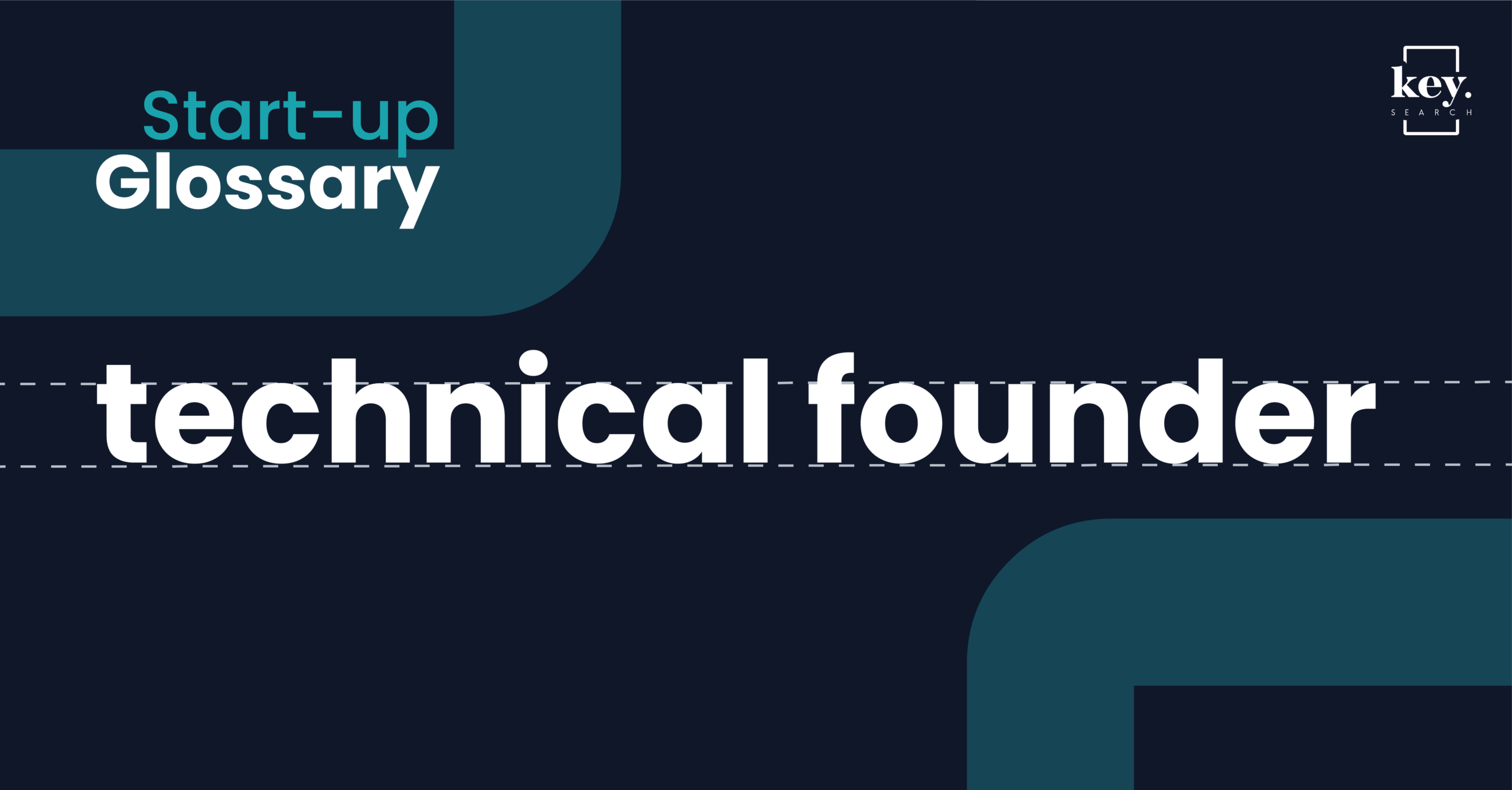
Technical Founder
This type of founder is building the product whereas non-technical founders typically focus on business models, financial models, early sales, or overseeing operations.
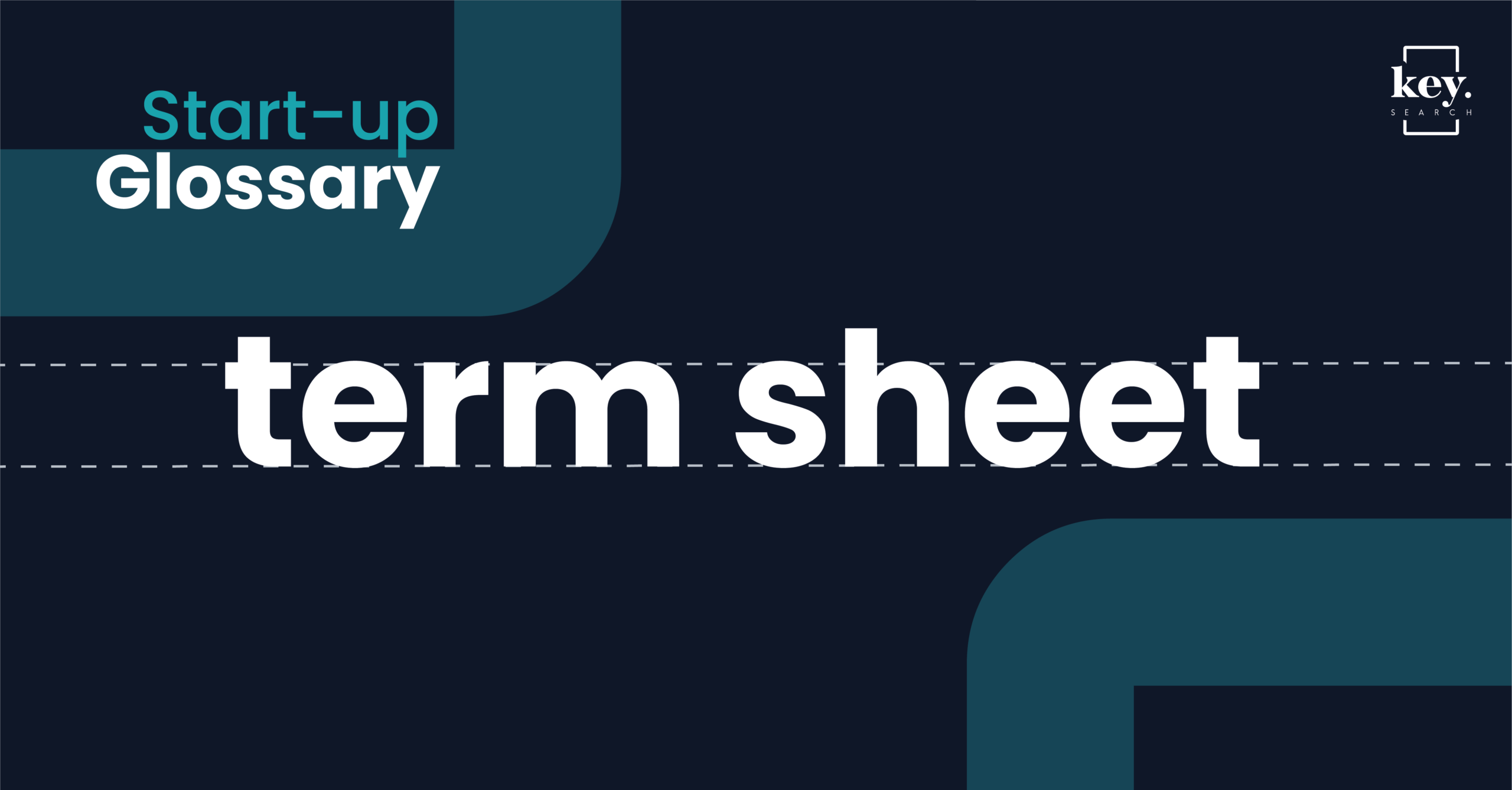
Term Sheet
When an investor makes you an offer to invest in your company, the term sheet is a document that outlines what they will get for what they put in — including percentage of ownership and voting rights.
U
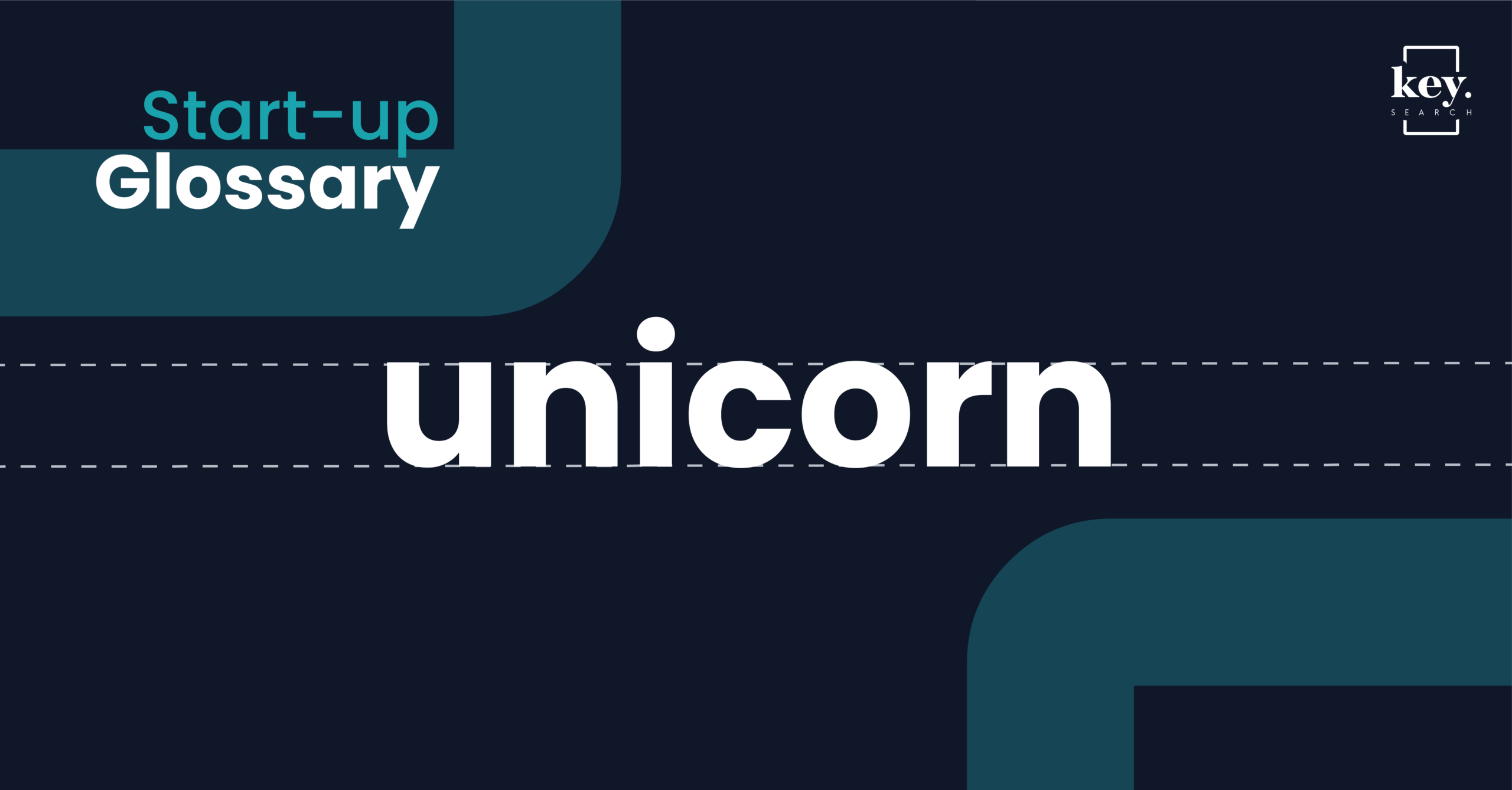
Unicorn
A unicorn is a company that gets a $1 billion valuation. As with most unicorns (like the ones that busk at subway stations), they are extremely rare.
V
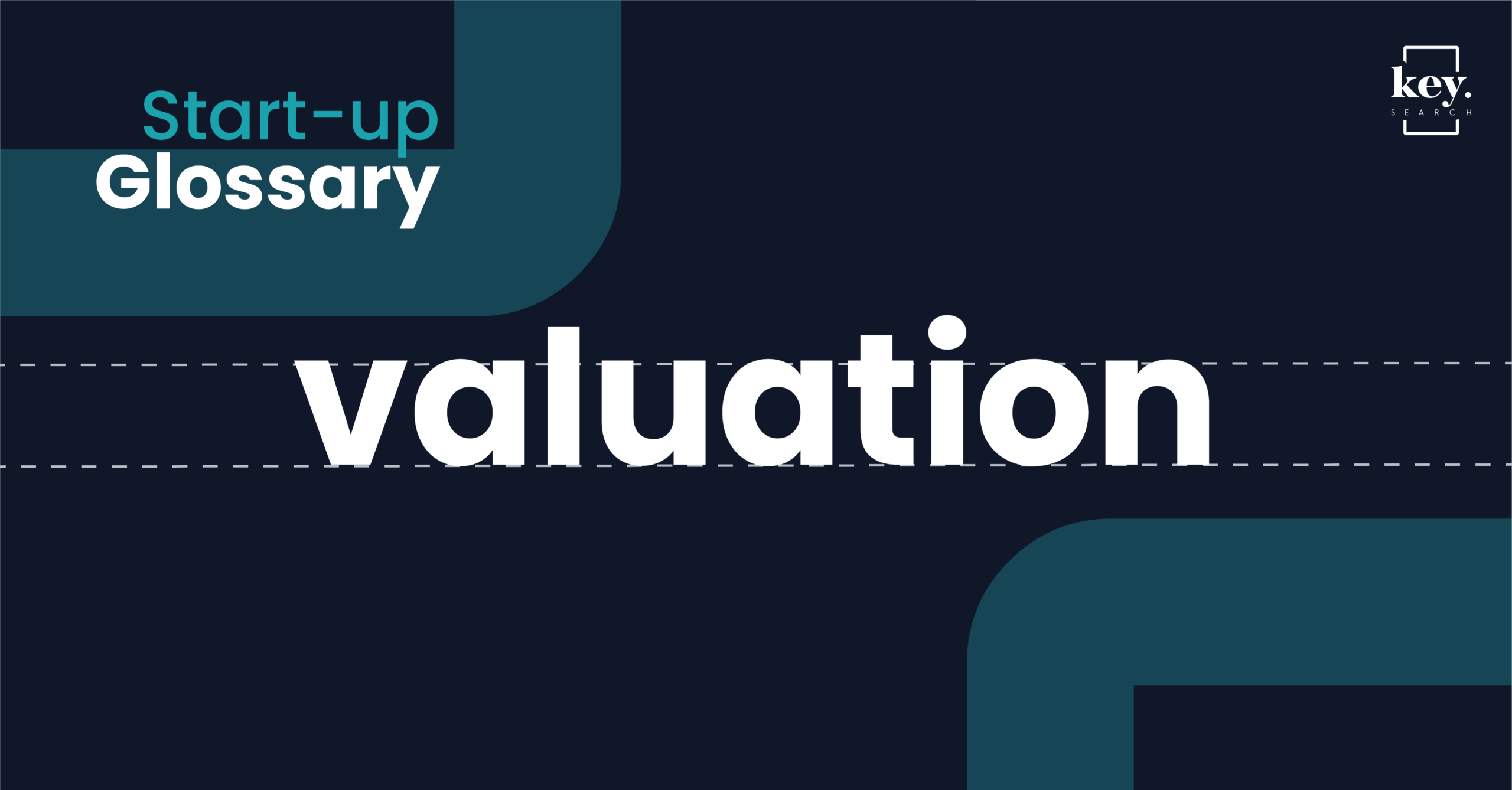
Valuation
A valuation describes what a company is being valued at. “Pre-money valuation” is the value before the company takes investors’ cash. “Post-money valuation” is that amount plus the investment put in. Re/post money valuation is the value of a company before external investments or the latest round of funding/ the value of company after external investments or the latest round of funding.
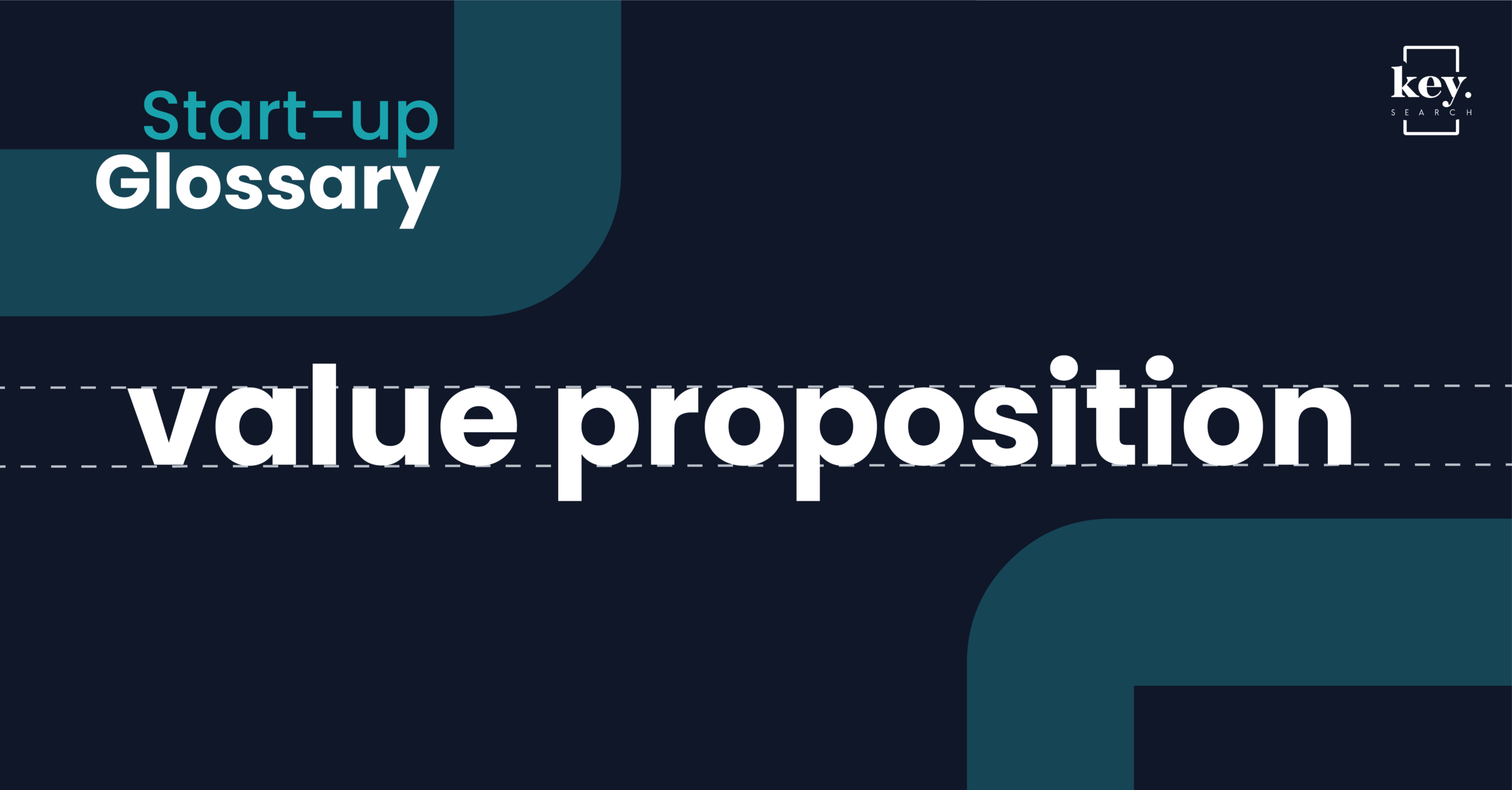
Value proposition
Value proposition is what makes your business uniquely attractive. Also known as USPs (Unique Selling Points).
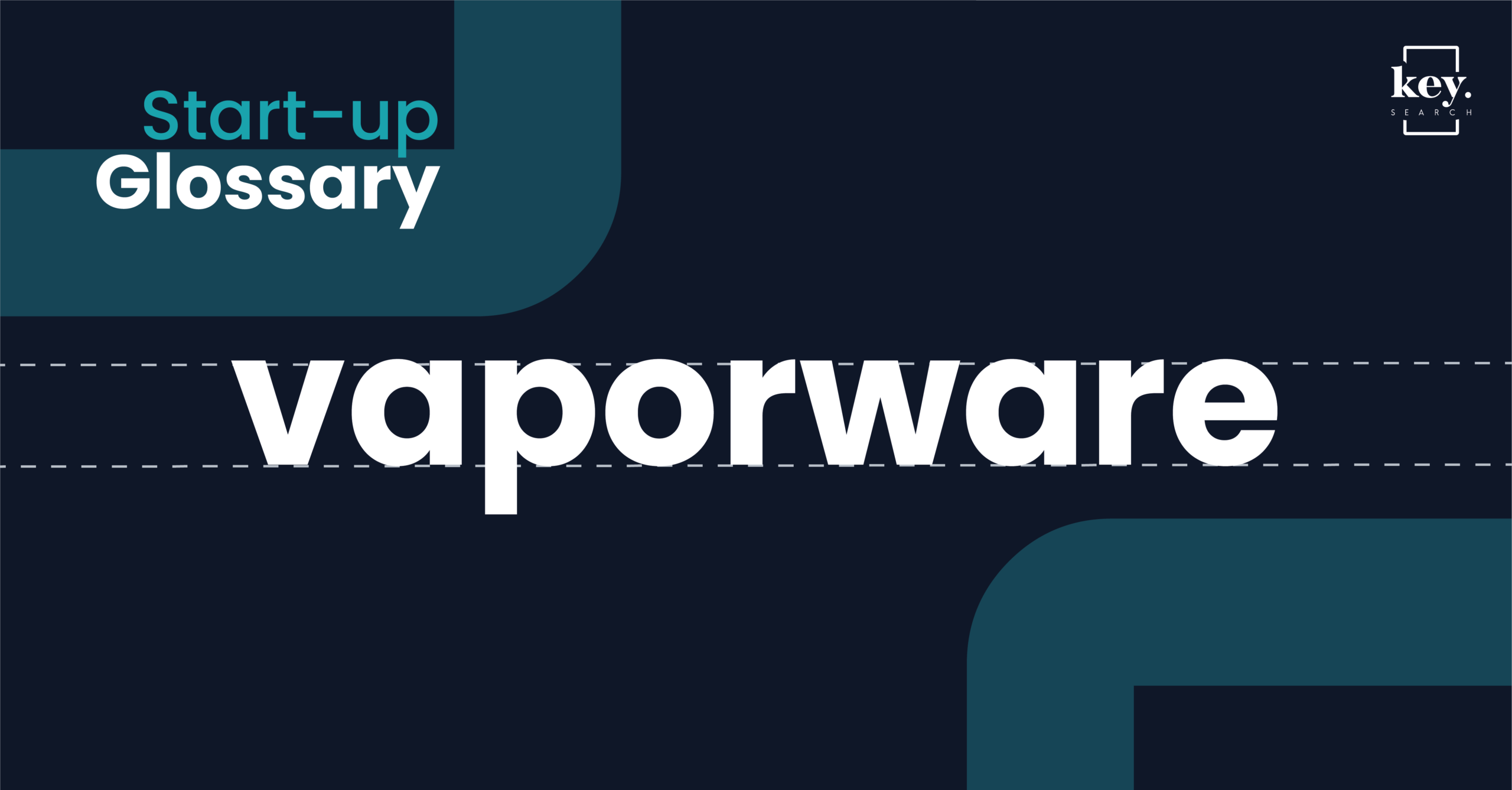
Vaporware
Vaporware is a product, typically computer hardware or software, that is announced to the general public, but is late or never actually manufactured nor officially cancelled. It refers to a product you are selling but have not actually made (and may never make). It is a way to test market demand.
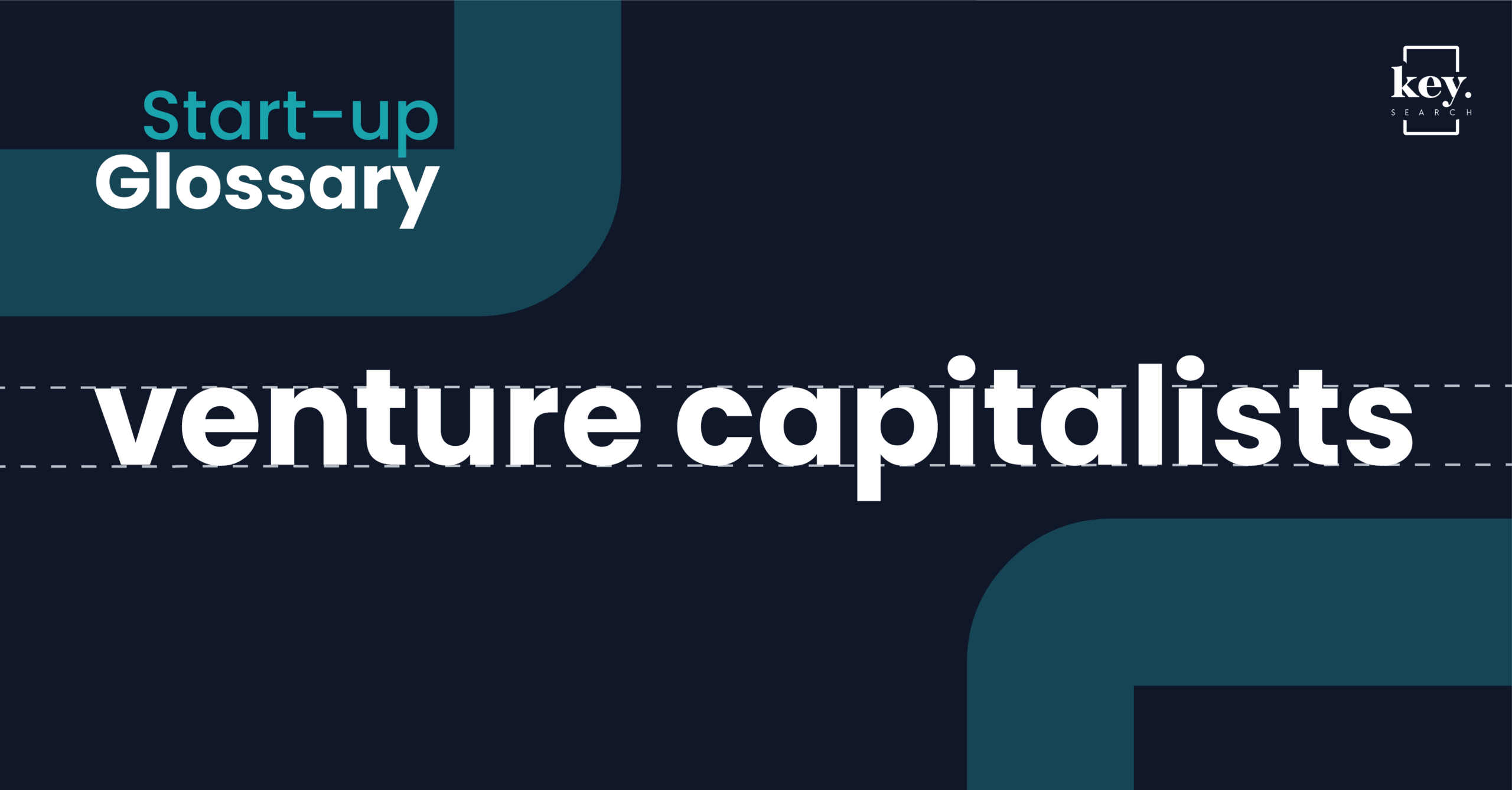
Venture Capitalists
A venture capitalist (VC) is a private equity investor that provides capital to companies with high growth potential in exchange for an equity stake. This could be funding startup ventures or supporting small companies that wish to expand but do not have access to equities markets.
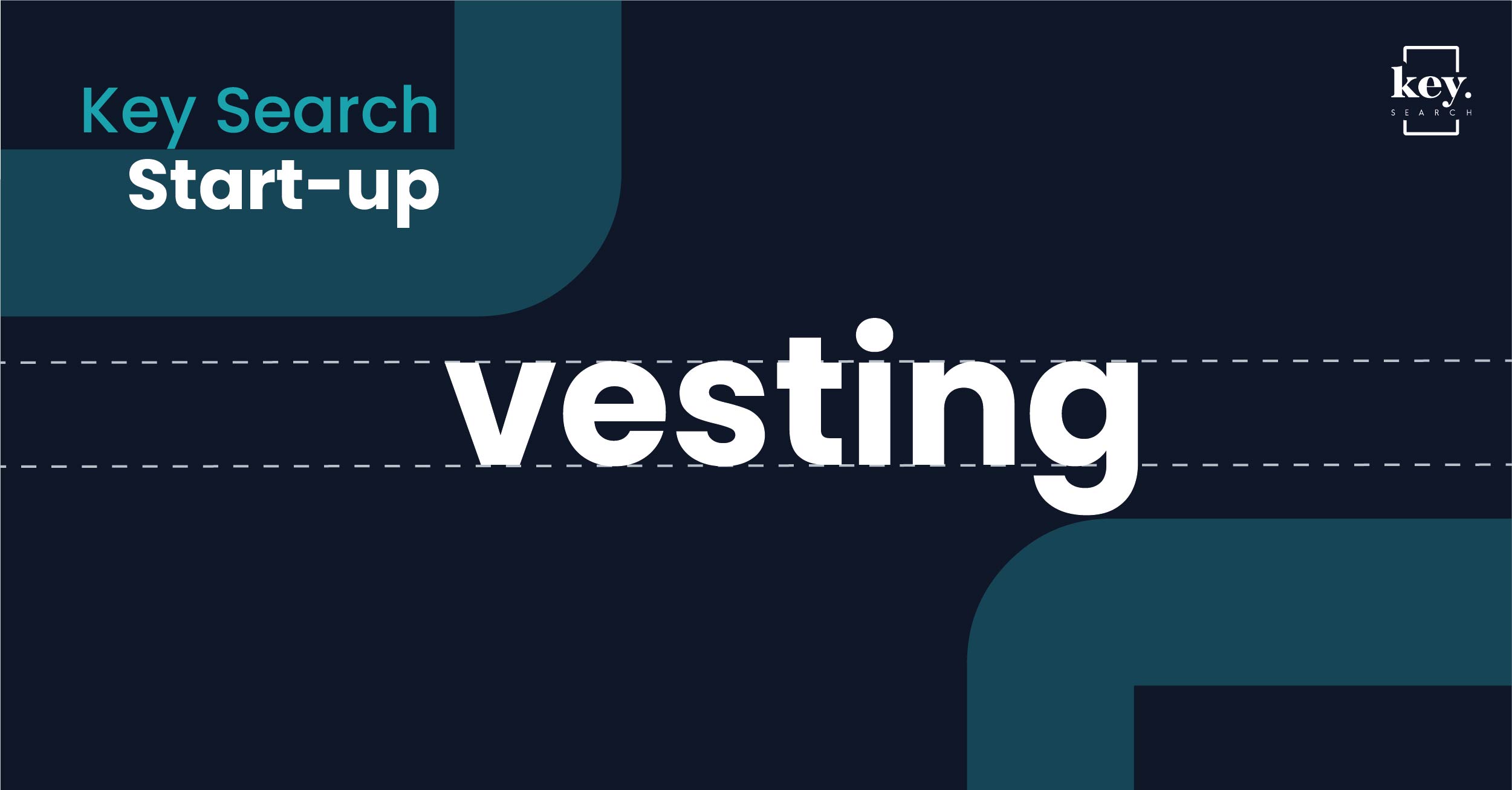
Vesting
A process in which you “earn” your stock over time. The purpose of vesting is to grant stock to people over a fxed period of time so they have an incentive to stick around. A typical vesting period for an employee or founder might be three to four years, which would mean they would earn 25% of their stock each year over a four year period. If they leave early, the unvested portion of stock returns back to the company.
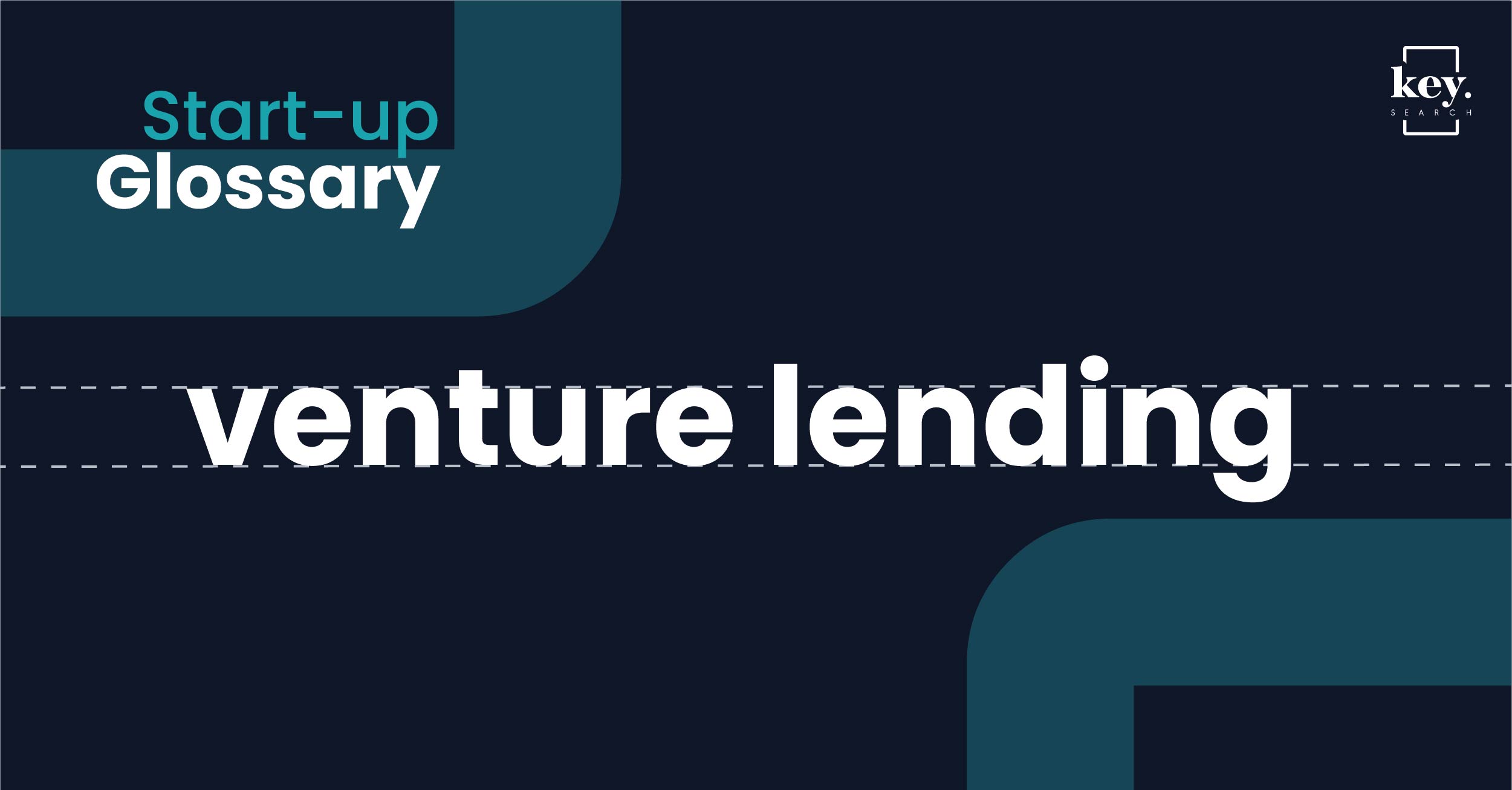
Venture Lending / Debt financing
When a company borrows money from investors with the promise that the debt will be repaid with interest and/or equity; the interest rate may be quite high. There are groups that specialize in venture lending while venture capitalists (VCs) will rarely give a venture loan.
The Startup Glossary by Key Search
Because Key Search works with many startups, helping them hire leaders for their key positions, we understand the startup world from the inside.
Based on this insight, the Key Search Startup Glossary offers key startup terms with a brief definition and description, providing a reference for some of the most commonly used startup terms.
If you’re hoping to deep dive into a topic, we are offering and continuously adding topics around hiring for startups and companies to our blog.



